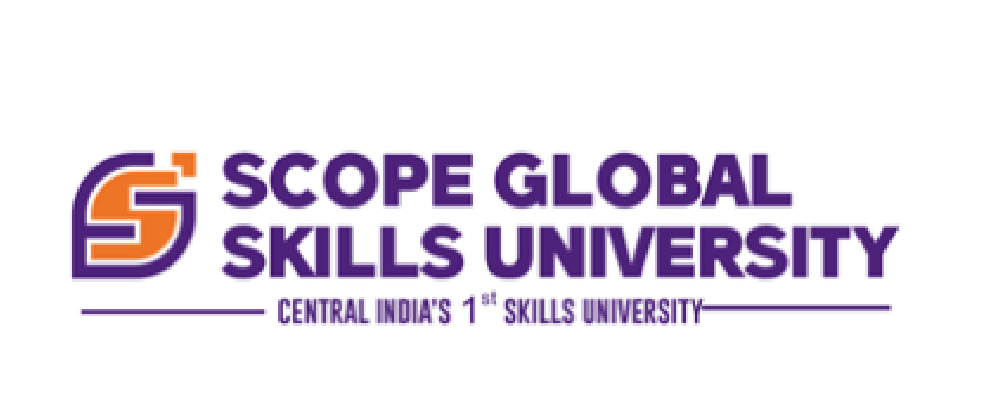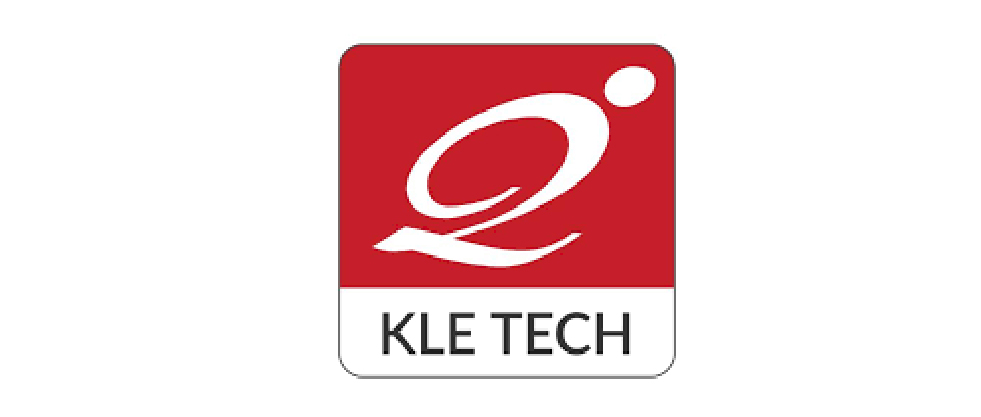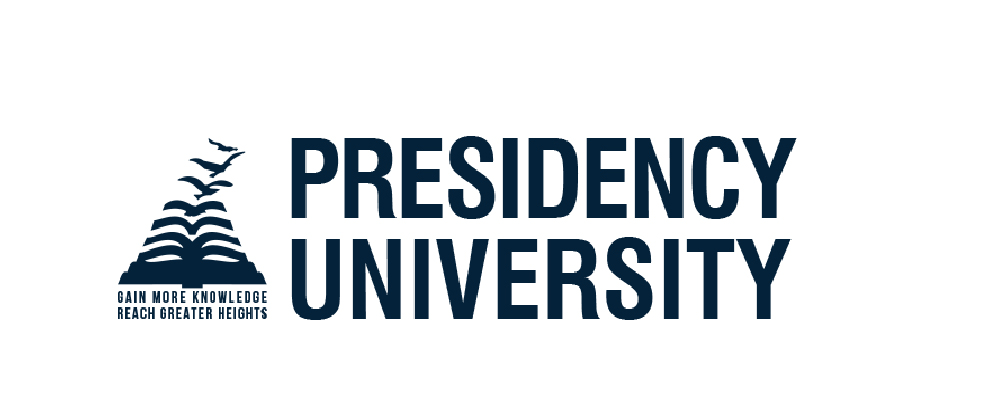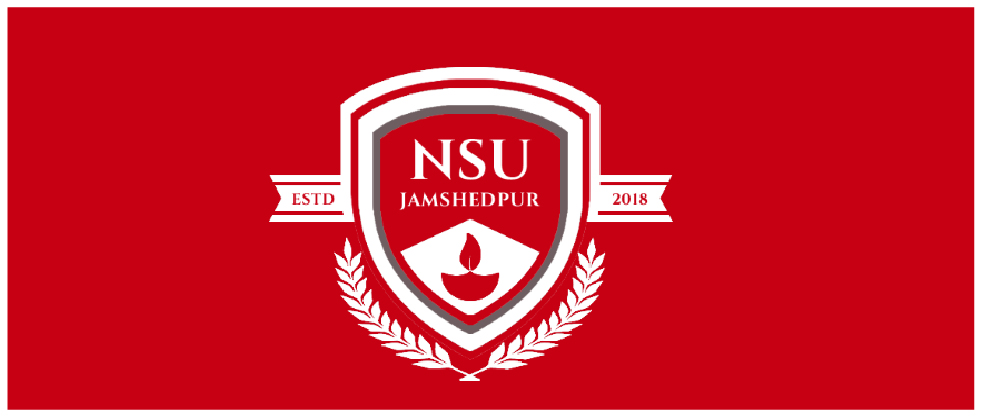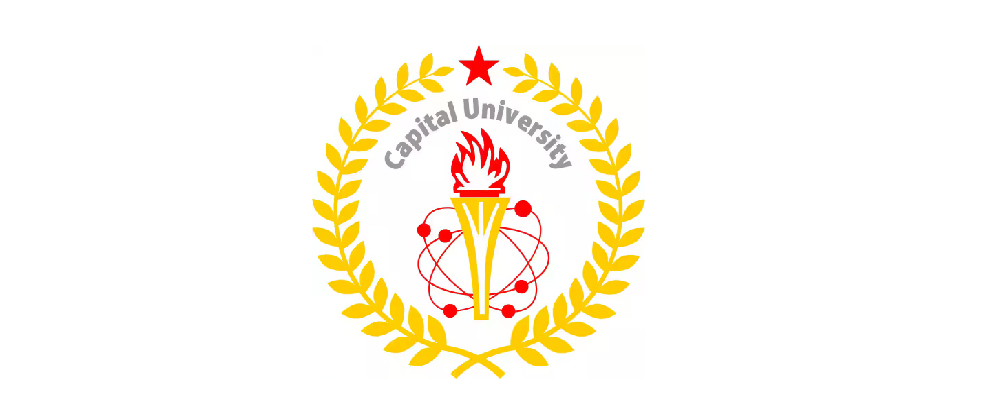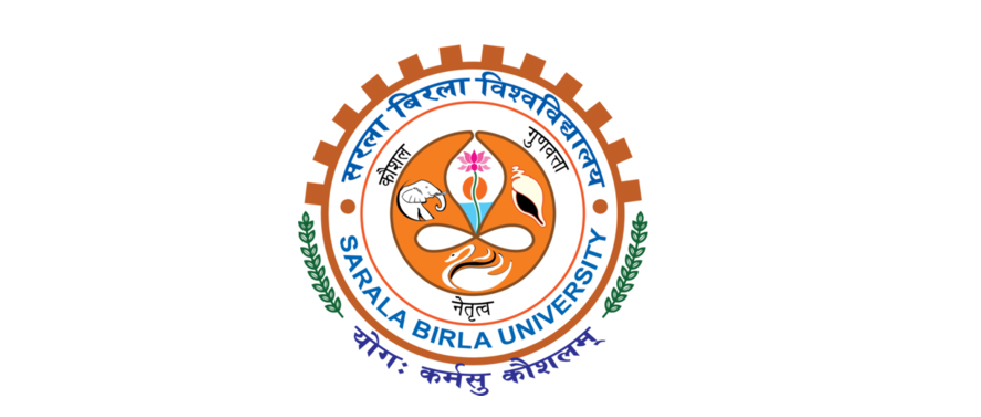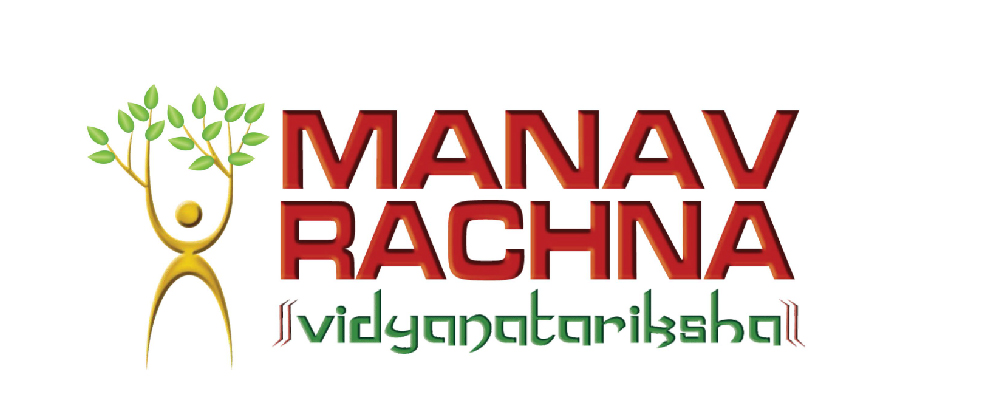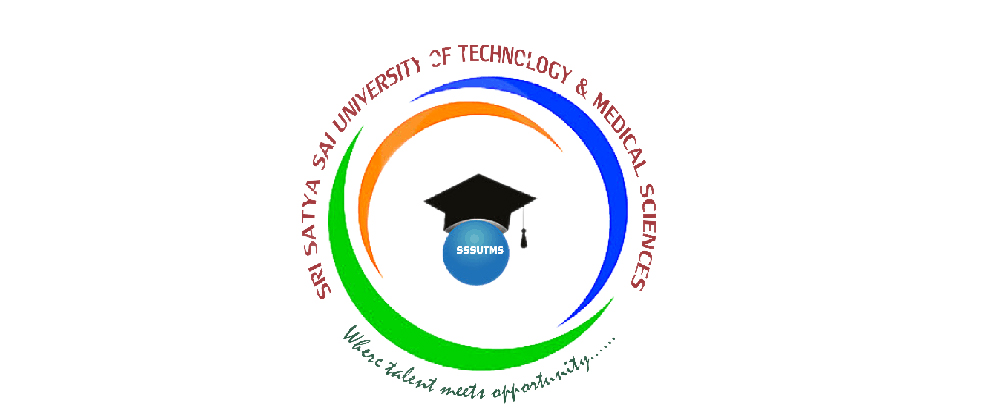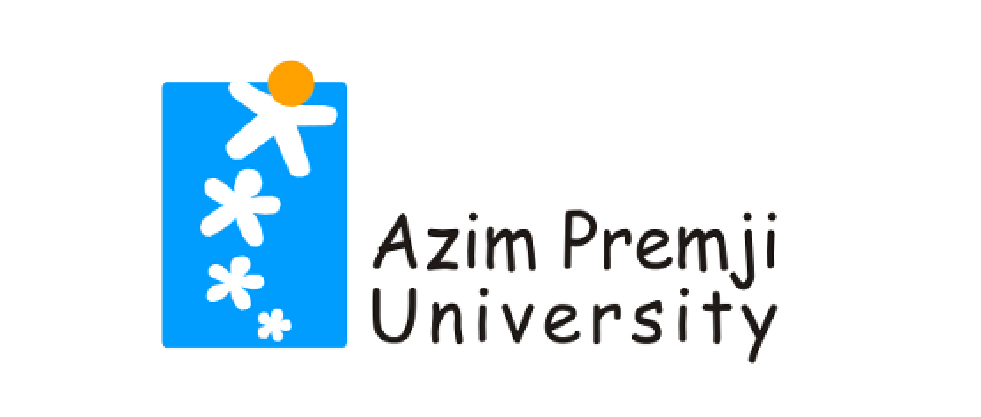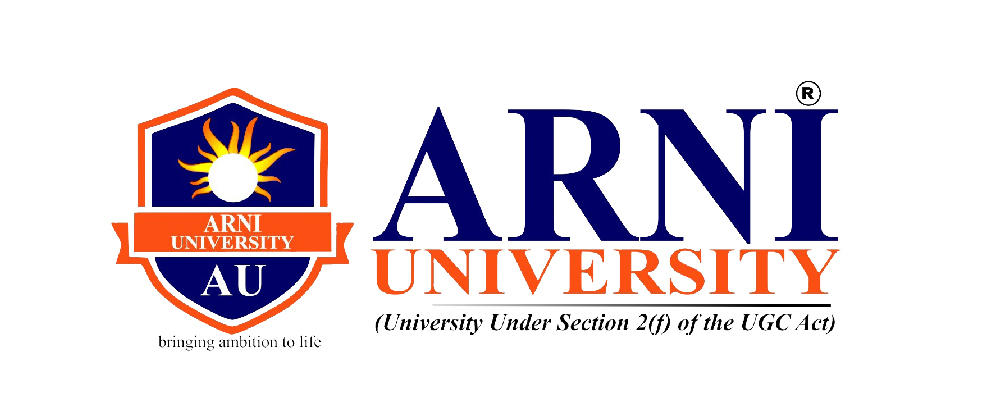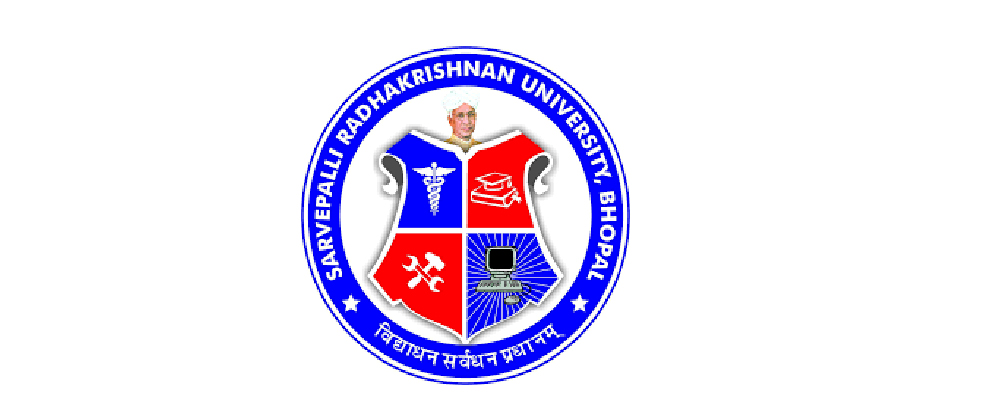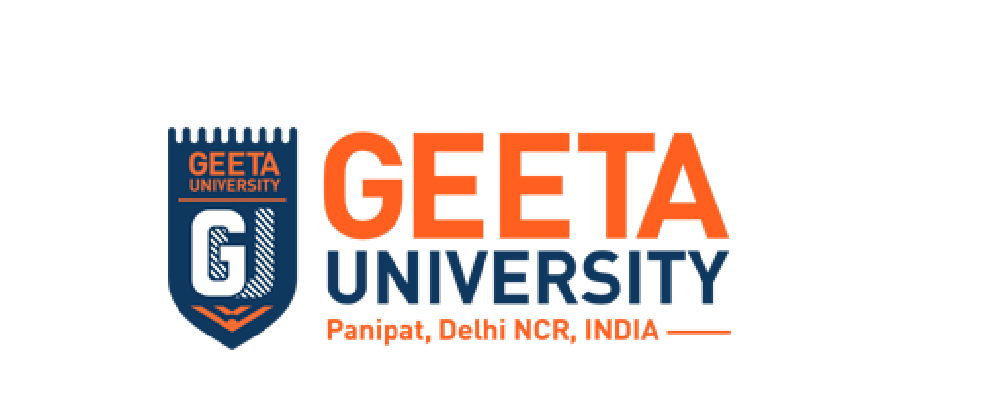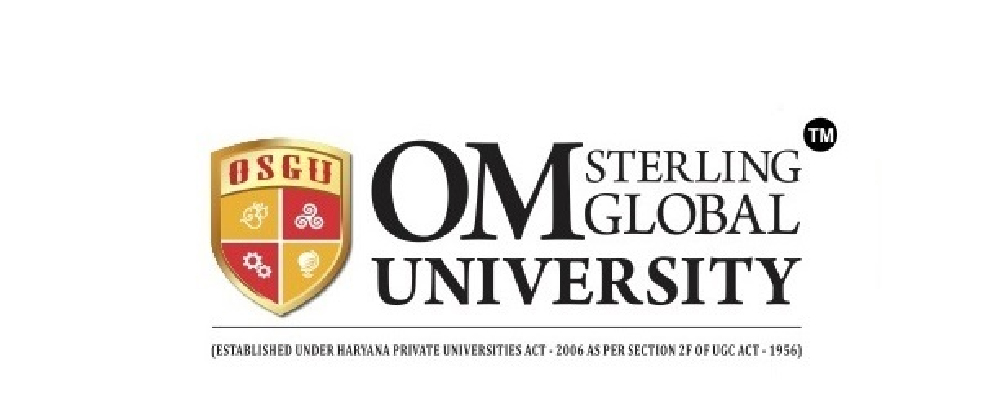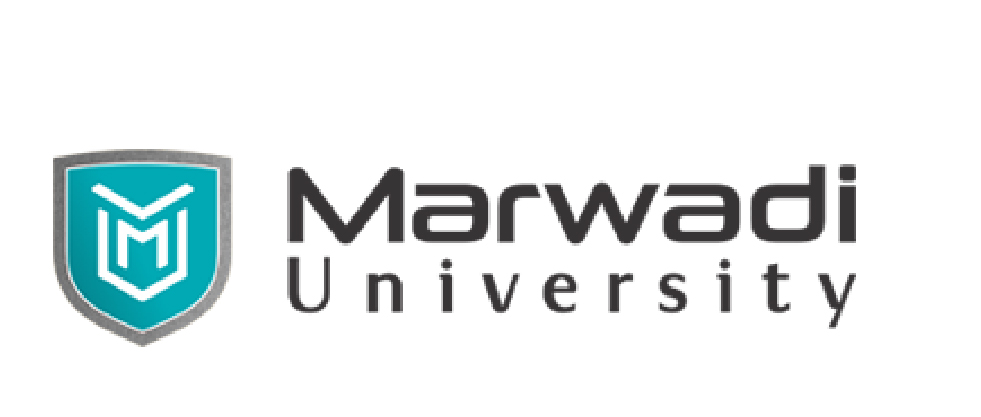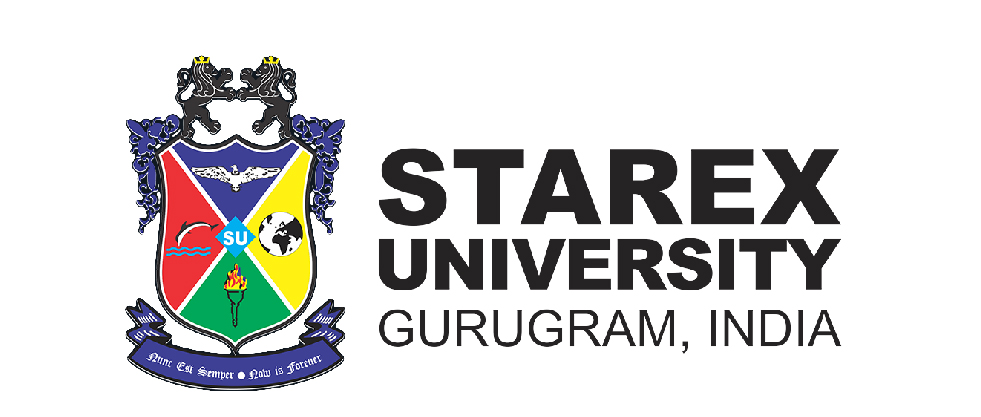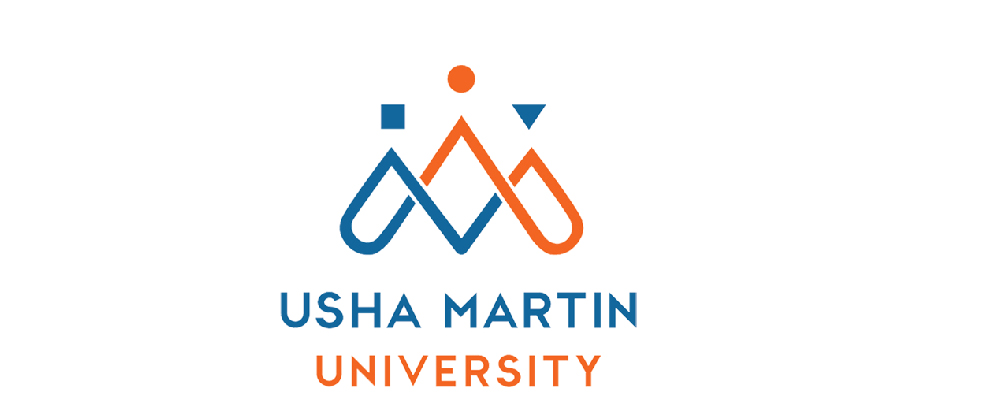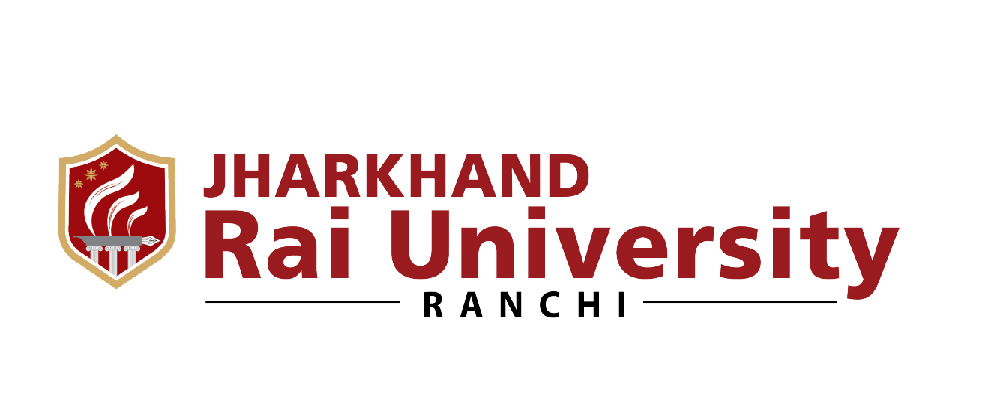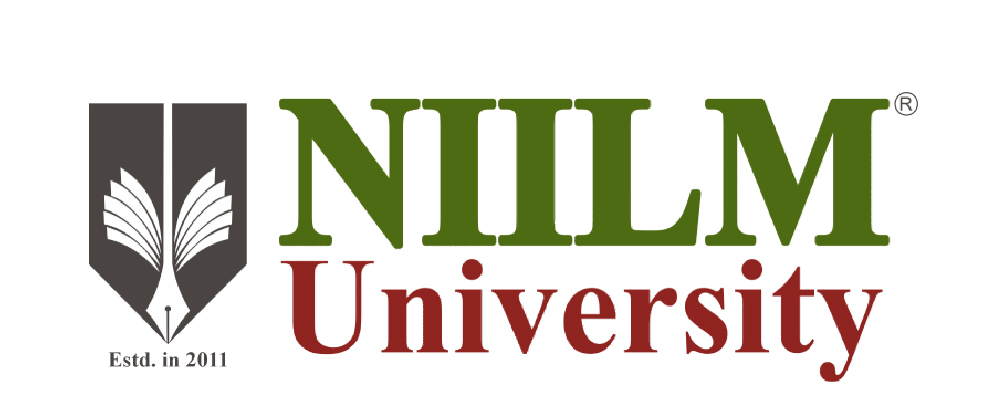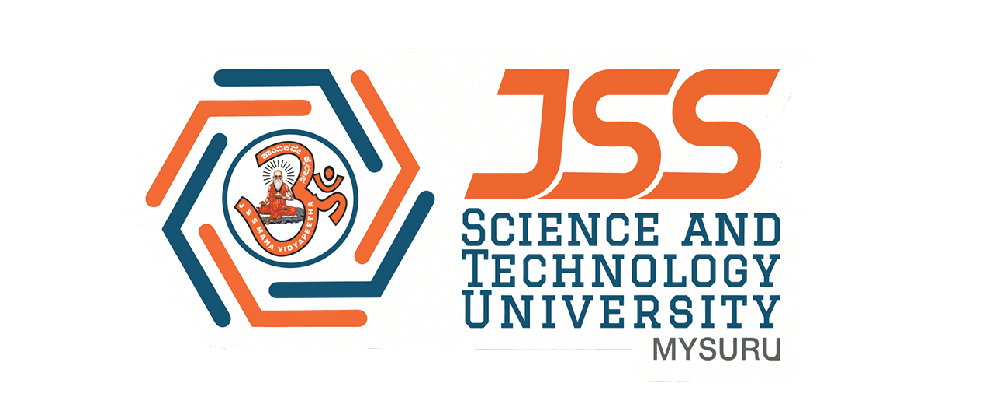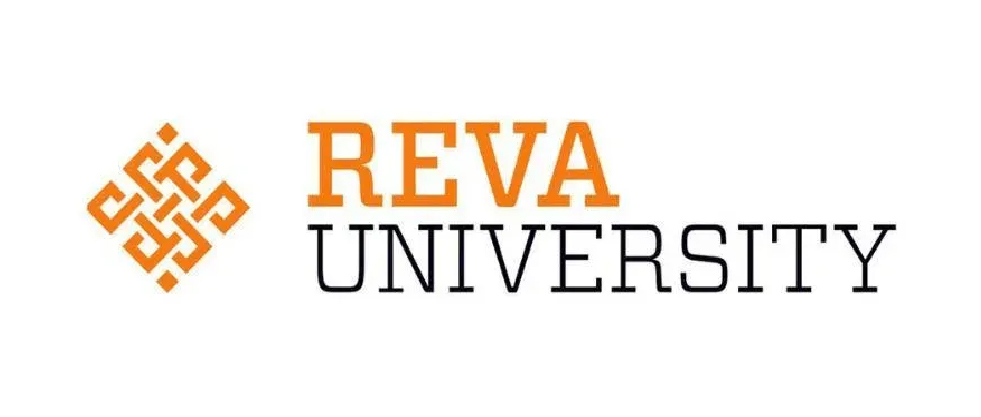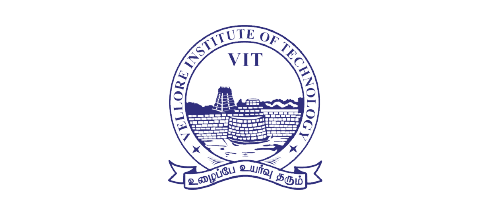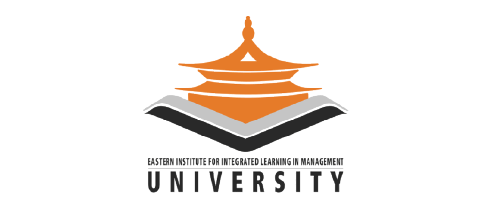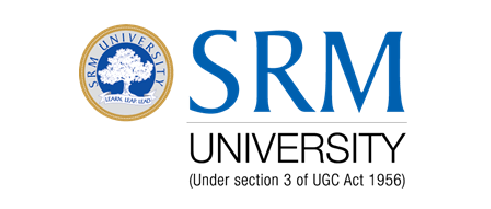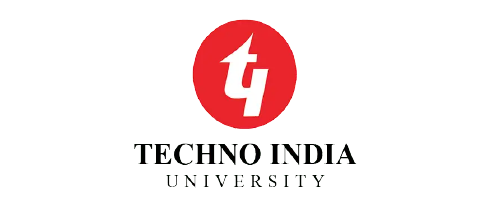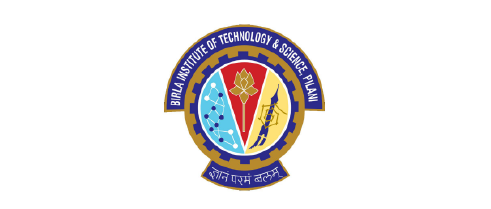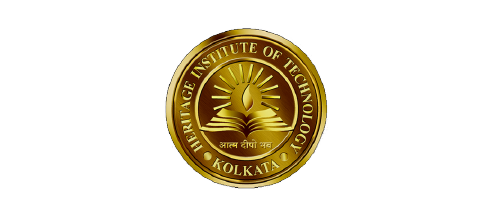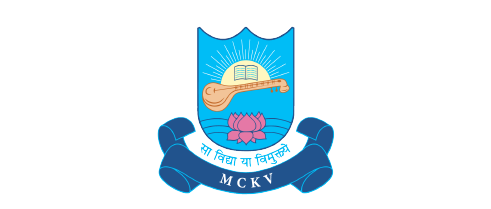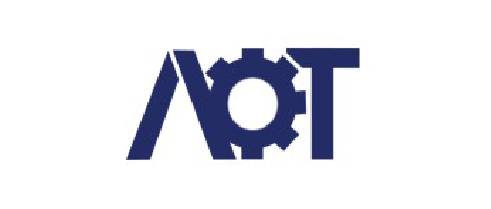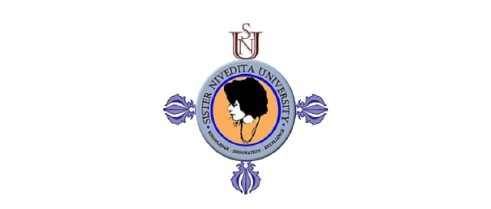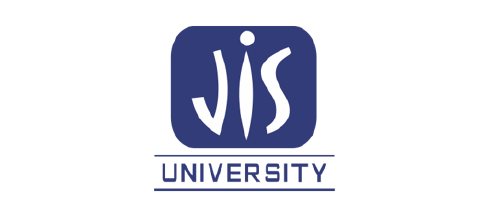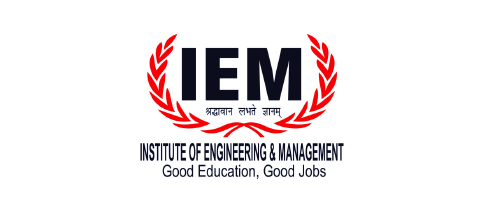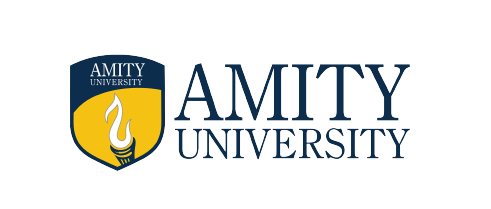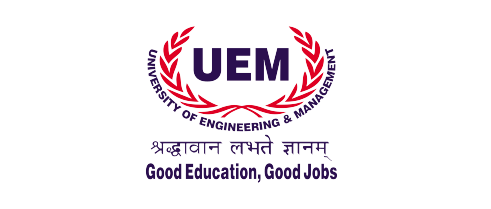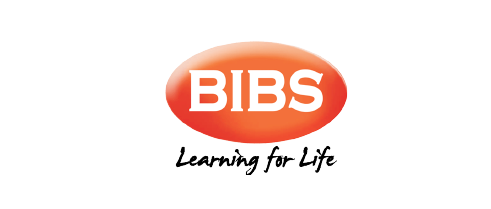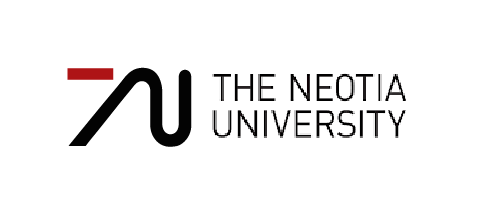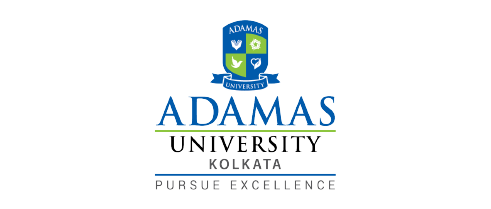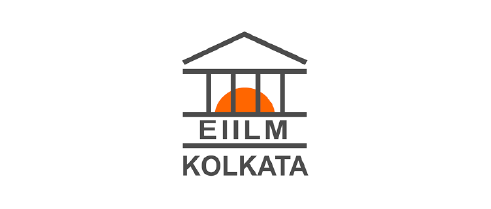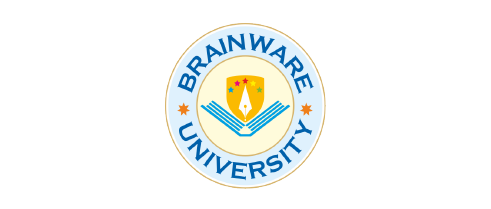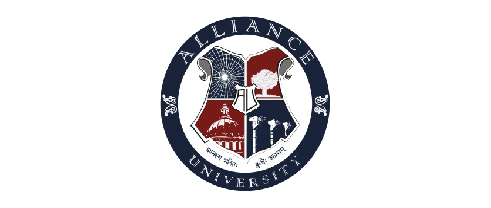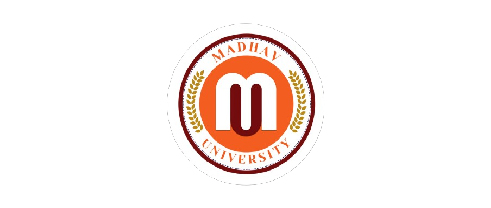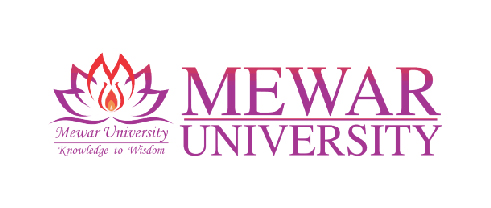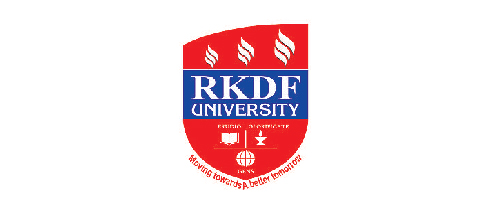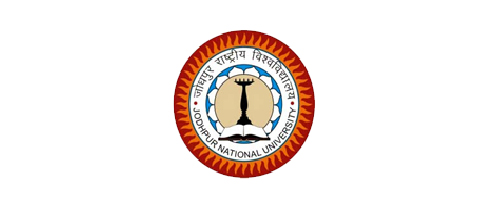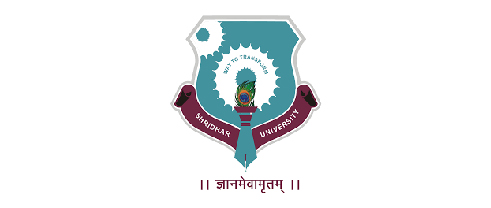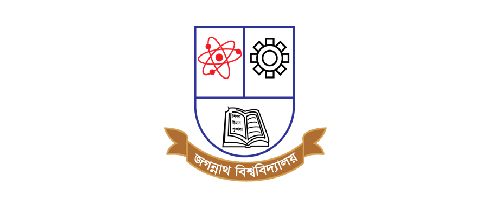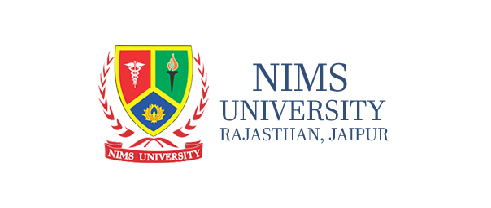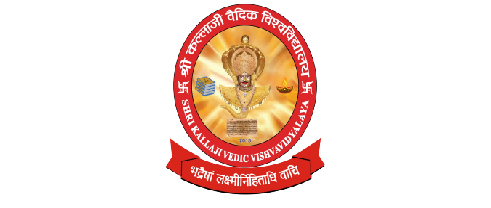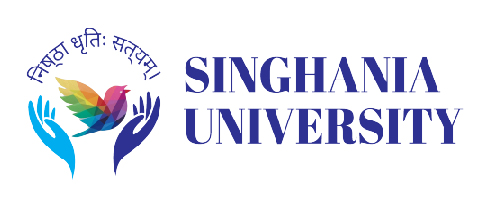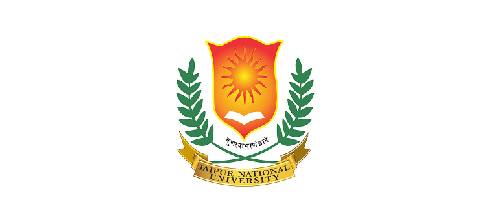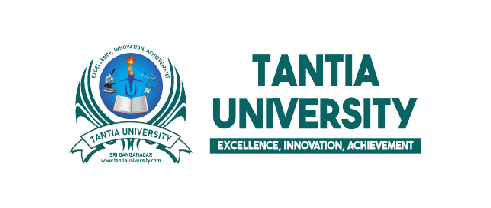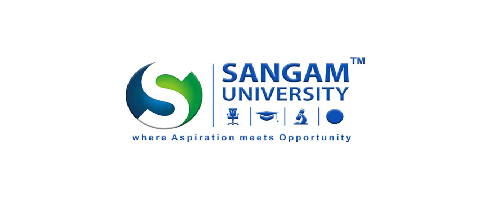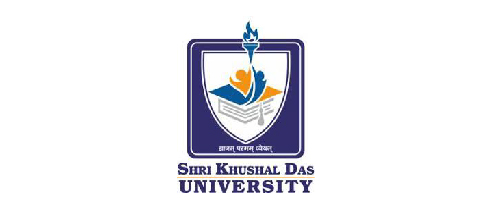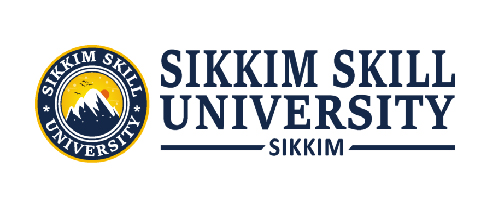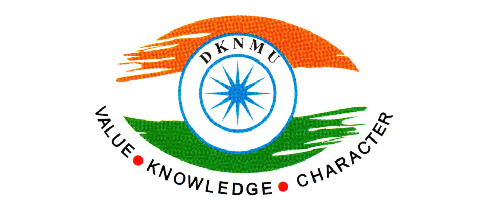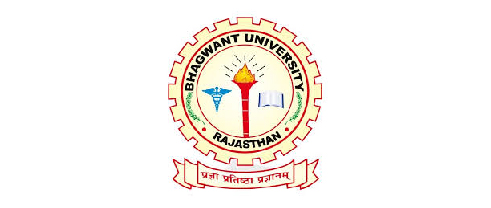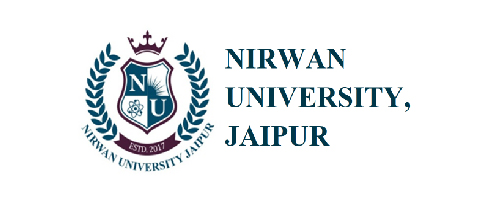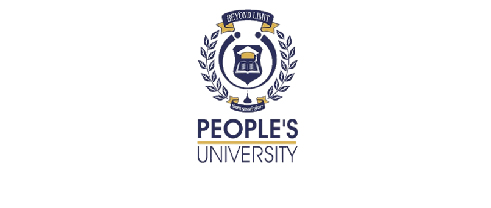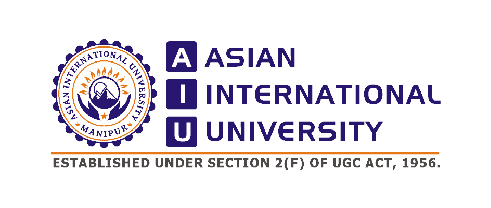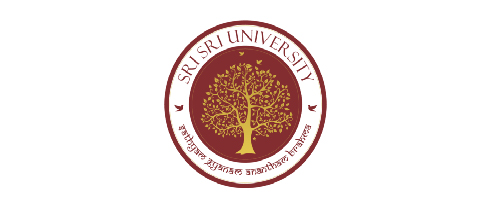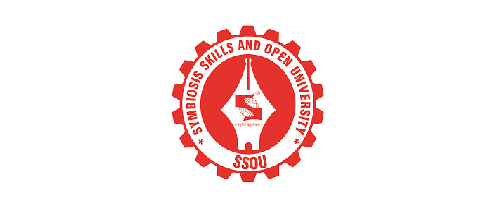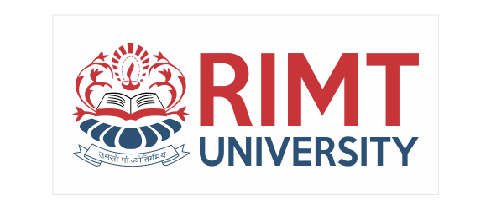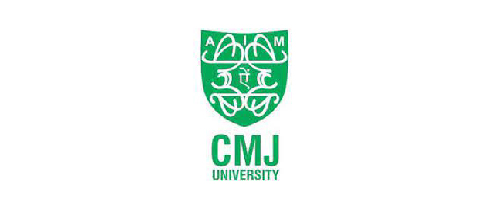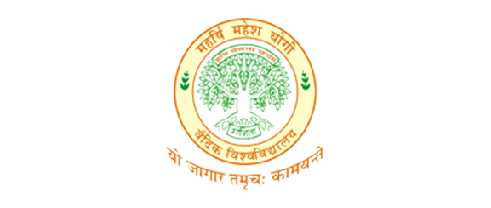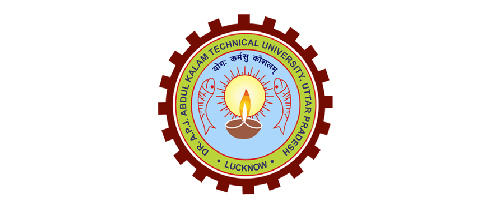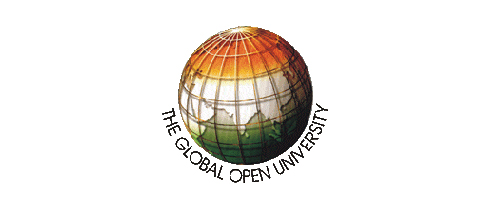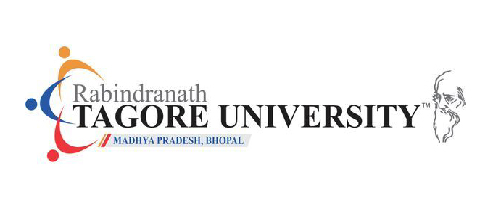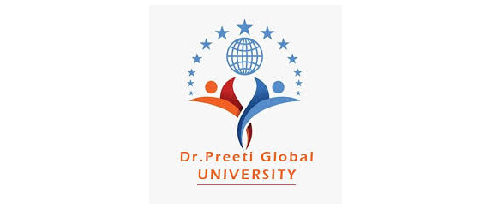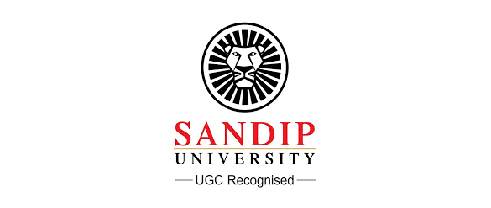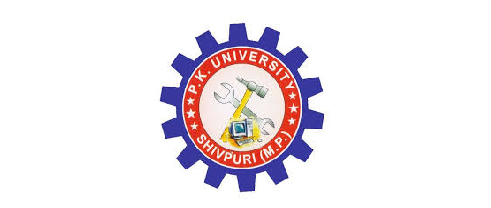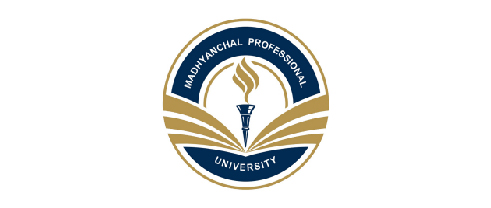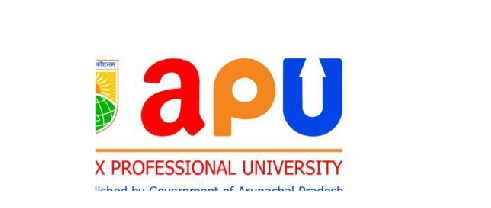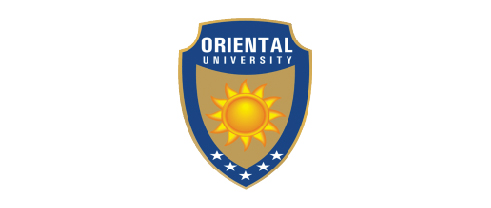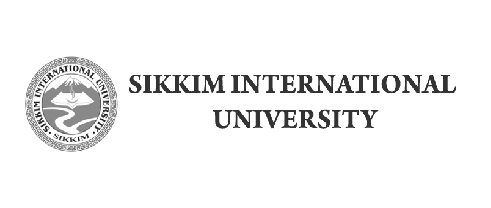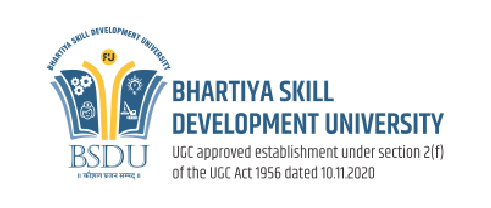medical from india
MBBS
overview
During one year of MBBS internship, students can work with hospitals and healthcare centers as consultants, physicians, and medical assistants in critical care units. They can also work in health campaigns organized by the government and create awareness among public about diseases, medicines, health, and fitness through conferences. On completion of MBBS internship, the students can get themselves registered as doctors with the Medical Council of India (MCI). They can either apply for a post-graduate degree in medical science i.e., MD/MS or continue working in the health sector as qualified doctors. While pursuing further education in medical science, MBBS-degree holders can also associate with pharmaceuticals as research associates. Moreover, the option for taking Combined Medical Services Examination is also open for MBBS graduates. They can be employed with the central government organizations, including hospitals, defense sector, railways, and with the local/state government.
Eligibility for MBBS Degree
- Candidates must have passed Class 12/higher secondary/pre-university qualifying examination with science subjects i.e., Physics, Chemistry, and Zoology/Botany. They also must have studied English as the main subject as a criterion for qualifying examination.
- Moreover, candidates also need to fulfil the age limit criteria i.e., they must have completed 17 years of age at the time of admissions.
- There are additional eligibility conditions as mentioned by the regulatory authorities for MBBS i.e., Medical Council of India (MCI).There are additional eligibility conditions as mentioned by the regulatory authorities for MBBS i.e., Medical Council of India (MCI).
What are the required skills for MBBS?
Every medical and health sciences practitioner must have the following skills: -
- Ability to work in a critical and dynamic environment
- Professional commitments and medical ethics
- Desire for knowledge and learning new research
- Scientific research and development skills
- Sharp memory and prompt approach
- Communication interpersonal skills
- Counselling and caring skills
- Approachable and empathetic skills
- Medical writing skills
- Patience and perseverance
Subjects in MBBS
In the MBBS course curriculum, aspiring doctors not only learn about everything in and around the medical and healthcare industry, but they also learn the ethical practices, get to intern with hospitals and volunteering projects. Check the table below for subjects in the MBBS course:
Bachelor of Medicine and Bachelor of Surgery (MBBS) Syllabus
| Anatomy | Dermatology & Venereology |
| Biochemistry | Medicine |
| Physiology | Obstetrics & Gynecology |
| Forensic Medicine & Toxicology | Ophthalmology |
| Microbiology | Orthopedics |
| Pathology | Otorhinolaryngology |
| Pharmacology | Pediatrics |
| Anesthesiology | Psychiatry |
| Community Medicine | Surgery |
MBBS Entrance Exams
To get admission in MBBS course in India, a student needs to appear for the National Eligibility cum Entrance Test (NEET). In fact, this is the only entrance test to get admission in MBBS course and is accepted by both government and private institutions. There used to be two other major entrance tests for admission in MBBS course in India were JIPMER MBBS Exam and AIIMS MBBS Exam. However, these examinations were scrapped in 2019 making NEET the most important medical entrance test in India.
MBBS Scope, Top Companies/Employers & Salary
There is a plethora of career opportunities after completing MBBS. Considered to be one of the noblest professions, medical practitioner, or doctor tops the list of careers after MBBS. The following section talks about popular career options or specializations to opt for after completing an MBBS degree.
General Physician: MBBS degree holders can start their career as a general physician, who studies, diagnoses, and cures illnesses of patients. Commonly, a physician treats illnesses at primary stages, and if, after diagnosis, the disease is found to be in a critical stage, the patient is referred to a relevant medical practitioner.
The average salary offered to a general physician is Rs 4-5 lakh per annum*.
Pediatrician: A medical practitioner who specializes in the treatment of illnesses in children and examines their general growth and development. A pediatrician heals children right from their time of birth to their adolescence and even later. They help in early diagnosis of any illness in developing children, guide parents on food and their allergies to children. The practitioner provides preventive care, helps in the growth and development of children with special needs, and monitoring side effects and allergies of medicines.
The starting salary offered to a pediatrician is over Rs. 4.5 lakh per annum.
Medical Assistant (Surgery): Starting a career as a medical assistant in specialization such as cardiology, dermatology, oncology, nephrology, neurology, gynecology, and ophthalmology, is a good way to learn about performing surgeries on patients. After completing the studies of specialized medical courses, they will be equipped to diagnose and treat patients with modern surgical techniques as per their medical specialty. Over the years, with the help of modern science and technology, there are medical achievements by renowned surgeons, which shows that this profession is entirely based on continuous learning and practicing.
The average salary offered to a medical assistant is Rs. 3-4 lakh per annum.
*Source:Payscale.com
MBBS career options are inclusive but not limited to the above professions. There are several avenues and industries where medical practitioners or MBBS degree holders play a crucial role.
Top Recruiters
MBBS career options aThe top recruiters for MBBS degree holders are majorly Hospitals, Medical Research Centers, and Pharmaceuticals, etc. The list of recruiters for MBBS degree includes:
bams
overview
Following BAMS, candidates will have the chance to serve in prestigious government agencies and hospitals. This government employment cost as much as a doctor's wage. After graduating from BAMS, the Indian government permits the degree holders to open their Ayurvedic pharmacy or clinic. Following BAMS, students can obtain a PhD or MD in Ayurveda or related fields and work for top Ayurvedic companies and brands like Himalaya. In addition to job possibilities and career opportunities, learning BAMS would include understanding Ayurveda's roots and applications of our daily lives, which will aid in the transition to a healthy lifestyle.
Why should one pursue BAMS Course?
Ayurveda is an ancient method of treating sickness or illness. It is well known all over the world. Since the World Health Organization (WHO) has offered avenues to spread Ayurveda, BAMS provides students with career opportunities both in India and abroad.
| Degree Level | Undergraduate |
| Course Duration | 5 Years |
| Minimum Academic Requirement | Class 12 with Physics, Chemistry and Biology (Medical Stream) |
| Subject Requirement | Physics, Chemistry and Biology |
| Minimum Aggregate Score Requirement | 50 percent or more |
| Frequency of Exam | Annual |
| Admission/ Selection Process | Entrance Exam Based |
| Exams Accepted | NEET, OJEE, KEAM, etc. |
| Average Course Fee | Rs 20,000 - Rs 3,00,000 per year |
| Average Initial Salary | Rs 3 Lakh per annum - Rs 15 Lakh per annum |
| Job Roles | Business Development Officer, Ayurvedic Doctor, Category Manager, Resident Medical Officer, Jr. Clinical Trial Coordinator, Medical Representative, etc. |
| Areas of Employment | Government/Private Hospitals, Nursing Homes, Ayurvedic Clinics, Own Business, Wellness Centres, etc. |
Eligibility Criteria for BAMS
- To pursue BAMS course in Indian colleges/ universities, aspirants should clear Class XII in Science stream with PCB (Physics, Chemistry, Biology) subjects.
- In most cases, the minimum percentage of students require in Class XII to be eligible for BAMS course admissions is 50% to 60%. However, the minimum percentage criteria change depending on a college/ university policy.
- Some universities may also have a minimum age bar as their BAMS eligibility criteria.
Candidates who fulfil the above eligibility criteria must appear for the National Eligibility cum Entrance Test (NEET) and qualify for it. Admission to the BAMS course is through centralized counselling based on the NEET merit list.
BAMS Admissions Process
NEET is used to determine admission to BAMS (National Eligibility cum Entrance Test). Many medical programmes, including BAMS, now require this entry test. Following NEET, BAMS aspirants will be eligible to receive a centralized counselling invitation to select a college based on their results. After that, colleges can conduct a personal interview round to narrow down the candidates further.
The BAMS course does not offer any specializations. Postgraduate programmes in Ayurveda Medicine and Surgery require candidates to choose domains. M.S. (Master of Surgery) (Ayurveda) and M.D. (Doctor of Medicine) are two of these programmes (Ayurveda).
In MS (Ayurveda) and MD (Ayurveda) programmes, candidates can choose from the specializations mentioned below.
- Padartha Vigyan
- Sharir Rachana
- Sharir Kriya
- Swasthavritta
- Rasa Shastra
- Agad Tantra
- Rog Vikriti Vigyan
- Charak Samhita
- Prastuti and Stri Roga
- KaumaraBhritya
- Kayachikitsa
- Shallya Tantra
- Shalakya Tantra
- Charak Samhita
Course Curriculum for BAMS
BAMS is a five year and 6-month long bachelor degree course. The course duration includes 4.5 years of academic sessions and one year of internship. The 4.5 years of educational sessions are divided into three professional courses of 1.5 years each. In the first professional course, students are taught about the following subjects:
| First professional course | Second professional course | Third professional course |
|---|---|---|
| History of the Ayurvedic system | Toxicology | Modern anatomy |
| Basic principles of Ayurveda | Pharmacology | Principle of surgery |
| Anatomy | Ayurvedic Pharmaceutical Science | ENT |
| Physiology | - | Skin |
| - | - | Obstetrics |
| - | - | Gynecology |
| - | - | Pediatrics |
| - | - | Internal Medicine |
BAMS Fee Structure
The fee structure for BAMS colleges depends depending on whether they are public or private. The cost of a course often varies by jurisdiction. Aspirants should, however, look at the table below to get a sense of the fee structure.
| Year/Process | Fee in Rupees |
|---|---|
| BAMS first year fee | 50,000 to 2,50,000 |
| BAMS full course fee without yearly charges | 3,00,000 to 10,00,000 |
| BAMS full course fee with yearly charges | 5,00,000 to 18,00,00 |
Job Profile and Top Recruiters for BAMS
In the past, there were majorly two options available for freshly graduated Ayurveda doctors higher studies or personal practice by opening a clinic. However, these days there are a plethora of job opportunities available for BAMS graduates in both public and private sectors. Some of the industries in which students can look forward to making a career after clearing BAMS are:
Relevant Industries for BAMS Graduates
| Healthcare industry | Pharmaceutical industry |
| Education industry | Nursing industry |
| Life Science industry | Medical Tourism industry |
| Hotel industry | - |
Look at different job opportunities available for BAMS graduates below: -
- Physician: Before students start their clinical practice, it is always advised to work under some senior practitioners to gain relevant experience. Along with regular exercise under a practitioner, students can opt for specialized practice (such as treatment for spinal disorders, skin diseases, etc.) after gaining complete knowledge.
- Teacher: If a student wishes to build their career in teaching, it becomes necessary to complete post-graduation. For post-graduation, students can choose to pursue either MD or postgraduate diplomas in any subject of their choice. Once students have their post-graduation degree, they can join any government or private college as a lecturer.
- Manager: Students who wish to enter management can pursue courses such as Masters in Public Health (MPH), Masters in Health Administration (MHA), and MBA in Hospital and Healthcare Management. Such courses are in great demand and offer promising employment opportunities for students.
- Clinical Research Associate: These days, many universities have different postgraduate courses in clinical research. Students can pursue such courses to secure a job as a Clinical Research Associate in the research units of other pharmaceutical companies.
- Drug Manufacturer: Manufacturing of Ayurveda medicines and related products such as cosmetics is a booming business these days. To make a career in the field, students can choose to pursue courses such as MSc in Pharmaceutical Medicine and Diploma in Herbal Medicinal Manufacturing after completing the BAMS course.
- Health Supervisor/ Therapist: Many international tourists look towards taking natural Ayurveda treatments in health resorts and spa centers across India. Tourists usually prefer natural therapies for arthritis, obesity, migraine, premature ageing, skin diseases, high cholesterol, and diabetes. BAMS students can opt to work as supervisors in such health centers of various hotels and resorts. Students can also open their health center.
- Medical Supervisor: This option includes working as a medical supervisor in companies that prepare Ayurveda medicines.
When it comes to hiring, government and private hospitals are the major recruiters for BAMS graduates. However, top recruiters that offer jobs to Ayurveda practitioners other than hospitals are mentioned below:
Top Recruiters for BAMS Graduates
| Patanjali Ayurved Limited | Dabur |
| The Himalaya Drug Company | Zandu Pharmaceuticals Works Limited |
| Surya Herbal Limited | Vicco Laboratories |
| Charak Pharma Private Limited | Emami Limited |
| Hamdard Laboratories | Baidyanath |
BAMS Salary
- BAMS graduates earn between INR 4,00,000 and INR 12,00,00 per year.
- BAMS graduates are well compensated in government organizations, while in the private sector, the remuneration of BAMS graduates varies greatly depending on the employer, ranging from INR 4,00,000 to INR 8,00,000.
- Salary is determined by a person's talents, experience in the area, job description, and other factors.
- Below is a table with specific information on wage statistics based on: experience and job profile: -
Experience wise
Below is the table showing the salary data of BAMS qualified candidates based on their experience level in the field:
| Level of Experience | Average Annual Salary |
|---|---|
| Freshers Level | Rs 2,00,000- 6,00,000 |
| Experience Level | Rs 3,00,00-9,00,000 |
Job Role-wise
Below is the table showing the salary data of BAMS qualified candidates based on their job profile in the field:
| Job Profile | Average Salary |
|---|---|
| Ayurvedic Physician | Rs 3,58,000 |
| Medical Officer | Rs 4,98,000 |
| Sales Representative | Rs 2,46,000 |
| Lecturer | Rs 2,97,000 |
| Pharmacist | Rs 2,26,000 |
bhms
Eligibility Criteria for Bachelor of Homeopathic Medicine and Surgery (BHMS)
The minimum eligibility for pursuing BHMS is X and XII qualifications from an approved educational board with Biology/Chemistry/Physics/English as the major subjects studied in class XII, with an aggregate score of at least 50 per cent. The minimum age limit prescribed is 17 years.
Required Skillset for Bachelor of Homeopathic Medicine and Surgery (BHMS)
Homeopathy doctors require a unique set of skills to best serve their patients; some of which are inherent, and others which can be learned. Everyday duties will necessitate distinct skills, and by perfecting and refining these skills they can make themselves more competitive and their work will be much more attainable and enjoyable. The vital skills necessary for pursuing BHMS are as mentioned below:-
- Interest in promoting natural health and being proficient in homeopathic remedies
- Ability to explain complex ideas easily, and using logic/reasoning to identify the strengths/weaknesses of alternative solutions
- Ability to priorities work and manage workload including the ability to work under pressure
- Building and developing excellent relationships with patients
- Emotional resilience and initiative and willingness to work in a pressured environment and challenging/stressful situations
- Enthusiastically looking for ways to help others and a compassionate/caring approach to other people's feelings
- Giving full attention to what others are conveying, taking time in understanding the points stated, asking queries as apt, and avoiding untimely interruption
- Strong verbal and listening skills, an open mind and willingness to learn
- The ability to work efficiently as part of a multidisciplinary healthcare team
Course Duration and Admission Criteria for Pursuing Bachelor of Homeopathic Medicine and Surgery (BHMS)
BHMS is an undergraduate academic degree course which covers medical knowledge of the homeopathic system. The duration of the course is 5.5 years which includes 4.5 years of study followed by 1 year of internship. Each student must undergo a compulsory rotating internship of one year, after passing the final BHMS examination. Thereafter only, the student shall be eligible for the award of the degree of BHMS by the respective college/university/institute.
Admission to BHMS course is done through the entrance exam. Candidates need to go through different entrance exams conducted at the state-level and national-level. Some of the entrance exams conducted for admissions to BHMS are:
- National Eligibility Cum Entrance Test (NEET)
- Bharati Vidyapeeth Common Entrance Test (BVP CET)
- Engineering, Agricultural, and Medical Common Entrance Test (Telangana and Andhra Pradesh) (EAMCET)
- Indraprastha University Common Entrance Test (IPU CET)
- Kerala Engineering, Agriculture and Medical (KEAM) and
- Punjab University Common Entrance Test (PUCET)
Candidates are selected based on the marks obtained in the 12th final exam and the respective entrance exam, which is followed by a round of personal interview and group discussion. With this, the abilities and skills of candidates are judged and they are shortlisted. Candidates who are shortlisted can appear for further counselling rounds.
Course Curriculum for Bachelor of Homeopathic Medicine and Surgery (BHMS)
BHMS course comprises theoretical and practical knowledge of the homeopathic medication system. The course curriculum cover topics such as Human Anatomy, Physiology, Biochemistry, Community Medicine, among others. The course includes a compendium of pre-clinical and clinical subjects.
The academic program of BHMS is divided into four parts. The first part is 1.5 years long, and the 2nd, 3rd and 4th parts are a year-long each. Adequate prominence is given to the theoretical part of learning along with hands-on practical sessions. While the crux of the syllabus is followed in most colleges/institutes/universities across the country, minor deviations from the regulated curriculum are observed in a few colleges/institutes/universities.
Syllabus of Bachelor of Homeopathic Medicine and Surgery (BHMS)
BHMS - First Year
| Organon of Medicine, Principles of Homoeopathic Philosophy and Psychology |
| Physiology including Biochemistry |
| Anatomy, Histology, and Embryology |
| Homeopathic Materia Medica |
| Homeopathic Pharmacy |
BHMS - Second Year
| Pathology and Microbiology including Virology and Parasitology Bacteriology |
| Organon of Medicine and Principles of Homeopathic Philosophy |
| Forensic Medicine and Toxicology |
| Homoeopathic Materia Medica |
| Surgery including ENT, Eye Dental and Homeo Therapeutics |
| Practice of Medicine and Homeo Therapeutics |
| Obstetrics and Gynecology Infant Care and Homeo Therapeutics |
BHMS - Third Year
| The Practice of Medicine and Homeo Therapeutics |
| Obstetrics and Gynecology Infant Care and Homeo Therapeutics |
| Surgery including ENT, Ophthalmology, Dental and Homeo Therapeutics |
| Organon of Medicine |
| Homoeopathic Materia Medica |
BHMS - Fourth Year
| The Practice of Medicine and Homeo Therapeutics |
| Organon of Medicine |
| Homoeopathic Materia Medica |
| Repertory |
| Community Medicine |
Specializations in Bachelor of Homeopathic Medicine and Surgery (BHMS)
- Homeopathic Pharmacy
- Homeopathic Pediatrics
- Homeopathic Psychiatry
- Homeopathic Skin Specialist
- Homeopathic Infertility Specialist
Post-Graduate Courses after Bachelor of Homeopathic Medicine and Surgery (BHMS)
Candidates can either work or opt for higher studies in homeopathy and the allied areas. Given below is a list of specializations in which post-graduation can be done after completing BHMS
| M.D (Hom) Materia Medica | M.Sc. Clinical Research |
| M.D (Hom) Organon of Medicine and Philosophy | M.Sc. Human Genome |
| M.D (Hom) Practice of Medicine | M.Sc. Applied Psychology |
| M.D (Hom) Case Taking and Reperforation | M.Sc. Medical Biochemistry |
| M.D (Hom) Psychiatry | M.Sc. Health Sciences and Yoga Therapy |
| M.D (Hom) Pediatrics | PGDM Holistic Health Care |
| M.D (Hom) Pharmacy | PGDM Acupuncture |
| M.Sc. Epidemiology | PGDM Preventive and Promotive Health Care |
| M.Sc. Medical Biochemistry | PGDM Diabetes Mellitus |
| M.Sc. Medical Anatomy | PGDM Clinical Diabetology |
| M.Sc. Neuroscience | MHA (Master of Hospital Administration) |
| M.Sc. Genetics | MBA (Healthcare Management) |
| M.Sc. Food and Nutrition | MPH (Master of Public Health) |
Job Profile and Average Salaries
Over the years, the efficacy of homeopathic medicines has grown manifold; mainly due to the on-going research in this field. This has also led to a surge in the career opportunities it offers to students. There are bright job prospects in this field in India as well as overseas as these days people are looking for medical care which does not have side-effects
| Job Type | Job Description | Average Annual Salary in INR(Freshers) | Average Annual Salary in INR(Experienced) |
|---|---|---|---|
| Homeopathic Doctor | Conducting medical tests, running diagnosis, treating patients, and prescribing medicines. | 7-8 lakhs | 10-50 lakhs |
| Public Health Specialist | Analyzing and developing programs to enhance the health of people. | 4 lakhs | 5-15 lakhs |
| Private Practitioner | Providing private services to their patients concerned with health, psychological issues, and other problems | 8-10 lakhs | 15-60 lakhs |
| Pharmacist | Owns a pharmacy and interprets the doctor's prescription, and identifies therapeutic incompatibilities. | 1-1.5 lakhs | 3-6 lakhs |
| Teacher/Lecturer | Teach courses in their subject area, prepare, and deliver lectures and lead classroom discussions, assess students and grade them, arrange for outdoor medical camps. | 2 lakhs | 4 lakhs |
Employment Areas/Recruiters for BHMS
- Clinics/Nursing Homes/Hospitals (Private/Government)
- Medical Colleges/Research Institutes/Training Institutes
- Homeopathic Medicine Stores/Pharmacies
- Dispensaries
- Consultancies
- Charitable Institutions/NGOs/Healthcare Community
- Life Science and Pharmaceutical Industries
bums
overview
Bachelor of Unani Medicine & Surgery (B.U.M.S.) is an undergraduate medical degree in the field of Unani medicine and surgery. B.U.M.S. is a degree that is considered completed in 5.5 years which involves 4.5 years of main course classes and 1-year internship. B.U.M.S education and training in India is regulated by Central Council of Indian Medicine (CCIM), which is a statutory body under the Department of Ayurveda, Yoga & Naturopathy, Unani, Siddha, and Homeopathy (AYUSH). As per the official notification by CCIM, there are 1,706 seats for B.U.M.S. across the country. Aspiring candidates must fulfill the eligibility criteria of B.U.M.S. The admissions to the course are done through NEET.
What is the B.U.M.S. full form?
The full form of B.U.M.S. is Bachelor of Unani Medicine & Surgery. It is 5.5-years undergraduate degree course which includes application of Unani system and medical knowledge. BUMS (Unani) is different from BAMS (Ayurveda). Unani system of medicine has existed for a long time in this world and is still dominant.
B.U.M.S. Highlights
| Degree Name | Bachelor of Unani Medicine and Surgery |
|---|---|
| Abbreviation | B.U.M.S. |
| Degree Type | Undergraduate (regular) |
| Duration | 5.5 years |
| Discipline | Unani Medical Science |
| Internship Duration | 1 year mandatory |
| Average Fee | Rs. 50,000 to Rs. 650,000 |
| Average Salary | Rs.200,000 to Rs. 1,200,000 per annum |
| Career Options | Scientist, Consultant, Pharmacist, Therapist, Drug Inspector, Medical Assistant, Professor |
Advantages of B.U.M.S.
A career in Unani medicine is based on ancient healing processes with herbal medications.
The practice of Unani Medicine is older than 6000 years. The Unani medicine science is based on the four components of the system. It includes fire, water, earth, and air. Unani is based on principles of four humors. It includes blood in the human body, phlegm, yellow bile, and black bile. Unani medicines are greatly effective in treatment of infertility, vitiligo, diabetes, kidney stone and numerous other disorders. A Bachelor of Unani Medicine and Surgery is an undergraduate programme which provides numerous career opportunities in the field of Unani medical science.
Graduates of B.U.M.S. can opt for numerous career options such as professor, therapist, Unani consultant, pharmacist and various other roles.
Type of B.U.M.S. Degree
B.U.M.S. is an undergraduate medical degree.
B.U.M.S. Eligibility
Candidates must qualify the minimum eligibility criteria of B.U.M.S. to get admission in the course. The following table can be referred to know about the B.U.M.S. eligibility criteria.
B.U.M.S. Eligibility Criteria
| Particulars | Details |
|---|---|
| Age limit | Minimum 17 years of age on December 31 of the application year. |
| Qualifying Exam |
Candidates must have passed 10+2 or equivalent examination with Physics, Chemistry, Biology/Biotechnology and English as the core subjects. Candidates must have passed Class 10th with Urdu or Arabic or Persian language as a subject, or must have passed the test of Urdu of Class 10th. |
| Qualifying Exam Marks |
All General category candidates must have at least 50% marks in 10+2 or equivalent examination. Reserved category candidates must have at least 40% marks. |
| Qualifying Entrance Exam | Candidates must have valid NEET score card |
B.U.M.S Admissions
The admissions to B.U.M.S. is done based on marks secured by the candidates in NEET, which is a national-level medical entrance exam. Candidates qualifying the NEET cutoff will be considered for admission in B.U.M.S. course. The entire B.U.M.S. admission process will be done through the counselling process for NEET aspirants.
Candidates aspiring for admission in B.U.M.S. course must know about the exam pattern of NEET. The following table can be referred to understand NEET exam pattern: -
NEET Exam Pattern
| Particulars | Details |
|---|---|
| Mode of Exam | Pen-paper based examination |
| Medium of Exam |
NEET is conducted in 11 languages- English, Hindi, Assamese, Bengali, Gujarati, Kannada, Marathi, Odia, Tamil, Telugu, and Urdu. Candidates are required to choose the language of exam while filling the application form. |
| Duration | 3 hours |
| Sections | There are three sections-
|
| Number of Questions | No. of questions per section are-
|
| Total Number of Questions | 180 multiple-choice questions |
| Total Marks | 720 marks |
| Marking Scheme |
Candidates are awarded 4 marks for each correct answer. 1 mark is deducted for each incorrect answer. |
B.U.M.S. Course
A B.U.M.S. (Bachelor of Unani Medicine and Surgery) is an undergraduate degree programme in the field of medical science with specialization in Unani methods of healing and treatment. There are various other undergraduate programmes similar to B.U.M.S. mentioned below.
M.B.B.S. (Bachelor of Medicine and Bachelor of Surgery)
B.A.M.S. (Bachelor of Ayurvedic Medicine and Surgery)
B.H.M.S. (Bachelor of Homeopathic Medicine and Surgery)
B.U.M.S. Specializations
There are not any specializations in B.U.M.S. programme. It is itself a specialized programme.
B.U.M.S. Syllabus
The syllabus of B.U.M.S. covers subjects that provide extensive knowledge of Unani to the students. Some of the major subjects included are Anatomy, Physiology, Pathology, etc. The B.U.M.S. Syllabus for the entire 4.5 years academic course (excluding internship) is mentioned below. Candidates can refer to the following table to know the detailed curriculum or syllabus of B.U.M.S.
BUMS Syllabus for 1st & 2nd Year
| Professional Year I | Professional Year II |
|---|---|
| Arabic and Mantiq wa Falsafa (Logic Philosophy and Astronomy) | Pen-paper based examinationTareekh-e-tib (History of Medicine) |
| Kulliyat Umoore Tabiya (Basic Principles of Unani Medicine) | Tahaffuzi wa Samaji Tib (Preventive and Community Medicine) |
| Tashreeh Ul Badan (Anatomy) | Ilmul Advia |
| Munafeul Aaza (Physiology) | Mahiyatul Amraz (Pathology) |
BUMS Syllabus for 3rd & 4th Year
| Professional Year III | Professional Year IV |
|---|---|
| Communication skills | Moalajat - I (General Medicine) |
| Ilmul Saidla wa Murakkabat (Unani Pharmacy) | Moalajat - II |
| Tibbe Qanooni wa Ilmul Samoom (Medical Jurisprudence and Toxicology) | Amraze Niswan (Gynaecology) |
| Sareeriyat wa Usoole Ilaj (Bedside clinic and principles of management) | Ilmul Qabalat wa Naumalood (Obstetrics and Neonatology) |
| Ilaj Bit Tadbeer (Regional Therapy) | Ilmul Jarahat (Surgery) |
| Amraz-e-Atfal (Paediatrics) | Ain, Uzn, Anaf, Halaq wa Asnan (Ophthalmology and Diseases of Ear, Nose and Throat) |
Scope of B.U.M.S.
The scope of B.U.M.S. is not only limited to India but has its reach outside India also. B.U.M.S. degree holders can get involved in research work conducted by various organizations in India and abroad in the field of Unani. Candidates with the degree are qualified as Hakeems or Doctors and can-do private practice. There is always a chance to get into teaching, so such degree holders can also get jobs in the teaching field.
Career options after B.U.M.S.
Some of the top job roles that a candidate can get after pursuing B.U.M.S. are-
- Scientist
- Consultant
- Lecturer
- Therapist
- Pharmacist
- Unani Distributor
- Drug Inspector
- Hakeem
- Medical Assistant
B.U.M.S. Salary
Candidates can earn a starting salary of 20,000 to 25,000 per month. It means the average package that a fresher gets after B.U.M.S. is 2.4 lacs- 3 lacs. However, this package increases with the experience.
bnys
overview
Merriam Webster defines Naturopathy as 'A system of treatment of disease that avoids drugs and surgery and emphasizes the use of natural agents such as air, water, and herbs.' Therefore, students of the BNYS course specialize in providing naturopathy treatment by enlisting themselves in regular medical practice through non-traditional methods.
Eligibility Criteria for BNYS
For admissions into the BNYS course, students must ensure they satisfy the basic eligibility criteria. The BNYS course eligibility includes passing the 10+2 examinations with a minimum of 50%. Students must have had physics, chemistry, and biology as their subjects in 10+2. Students fulfilling the basic criteria also need to pass the entrance exam conducted by the respective institutions. The maximum age limit for appearing to BNYS is 25 years.
| Degree | Bachelors |
| Full Form | Bachelor of Naturopathy and Yogic Science |
| Duration | Course Duration of Bachelor of Naturopathy and Yogic Sciences [BNYS] is 5.5 Years. |
| Age | Maximum of 25 years |
| Minimum Percentage | 50% in 10+2 |
| Average Fees Incurred | INR 50,000- 2 LPA |
| Average Salary Offered | INR 3-5 LPA [Source: PayScale] |
| Employment Roles | Naturopathy Doctor, Chiropractor, Physician, Lecturer, Research Assistant, Professor, Yoga Specialist, and Publication Officer. |
| Placement Opportunities | Ministry of AYUSH, Government Hospitals, Healthcare Clinics, Nursing Homes, National Institutes, and Research Centers. |
How to Get Admission into BNYS
Applications for the BNYS course may be availed by going to the college website or directly visiting the admissions office of the concerned institution. Listed below are some of the details of the Bachelor of Naturopathy and Yogic science admission process in general:
How to Apply?
BNYS course details are available on the college website for the online method through which the students can begin their application process. For the students applying offline, they need to enquire in the official admission office near them. Aspirants of the BNYS course can fill out their application details either offline or online mode. While filling out their personal details, students need to provide scanned copies of the required documents for the same.
Selection Process
The selection process for BNYS is conducted based on the candidate’s performance in the entrance examinations. To secure admission to the best college for BNYS, students must ensure a sound performance in the NEET and other relevant entrance exams. The admit card and other relevant details for the BNYS course is published on the college website beforehand. Candidates can view their entrance exam results by logging in to the college portal or receive it directly via email.
Popular Entrance Exams for BNYS
In order to secure admission into a reputable BNYS best college in India, students must ensure they pass the entrance examination process. Candidates must ensure timely preparation for the entrance process along all the lines of requirements.
Some of the entrance examinations conducted for the BNYS course selection process are listed below:
- NEET
- JNEE
- SUET
- CG BNYS
- UP CPAT
- EAMCET
A Quick Glance at the BNYS Entrance Exams
Candidates wishing to apply for the entrance-based selection process should study the BNYS course details beforehand. This ensures the student to do a timely preparation along all the lines of requirements. BNYS colleges ensure they select the best candidates with the desired academic readiness and the required pragmatic skills for the course. Listed below are the BNYS entrance exam details in general:
- The mode of exam is online
- The maximum number of marks to be obtained is 200
- Objective type questions are asked
- There is a total of 200 questions
- The question paper is divided into three sections
Syllabus and Subjects for BNYS
The best BNYS colleges in India focus not only on learning the concepts and theories of the course but also to provide adequate on-field training to meet professional requirements.
The students also must complete an internship of a one-year duration to display their understanding and skills acquired. Listed below are some of the subjects taught in the BNYS course:
- Biochemistry
- Human Microbiology
- Basic Pharmacology
- Human Anatomy
- Community Medicine
- Hospital Management
- Pathology
- Human Physiology
- Gynecology and Obstetrics
- Yoga Therapy
BDS
overview
After MBBS, one of the most desirable courses in the health sector is a Bachelor of Dental Surgery, commonly known as BDS. Candidates who wish to groom their careers in dental surgery can know all about BDS from this page. To have comprehensive knowledge and skills in Dental Surgical & Training, BDS is only an undergraduate approved and recognized degree in India. B.D.S. is an undergraduate course for five years duration, of which four years will be for theory, while one year will be for a rotatory internship. The curriculum of BDS is being regulated by the Dental Council of India (DCI). In order to get the admission to BDS course, it is mandatory for students to appear and qualify in the National Eligibility cum Entrance Test (NEET), for admission to a total of 26,949 BDS seats offered in 313 government, private, and deemed institutes of the nation. As no other exam will be considered for granting BDS admission, interested applicants can check the article for more information on, eligibility, admission procedure, exams, colleges, and other details below.
BDS Highlights
| Course name | Bachelor of Dental Surgery |
| Abbreviation | BDS |
| Type | Degree Programme |
| Level | Undergraduate |
| Field | Oral Health |
| Average Fees | Rs. 50,000 to Rs. 1,200,000 |
| Average Salary | Rs. 400,000 to Rs. 600,000 |
| Career Opportunities | Dental Technician, Prosthodontist, Dental Hygienist, Dental Consultant, Dentist |
Advantages of BDS
BDS stands for Bachelor of Dental Surgery. It is an undergraduate level degree programme in the field of oral healthcare. It is focused on extraction of tooth, tooth fillings, scaling, and smile design through the procedure of tooth alignment which requires putting braces on an individual's upper and lower tooth surfaces for a duration of time. Several people go through extreme pain due to wisdom teeth; such people go to dental clinics for extraction of it. BDS graduates with required certification also perform anesthesia to calm the patient and avoid extreme pain while extraction of tooth. Graduates of Bachelor of Dental Surgery usually gets the opportunity to work in dental clinics and perform all such tasks. They may work full-time in a hospital or own their dental clinic. BDS graduates can opt for numerous careers such as dental technician, prosthodontist, dental hygienist, dental consultant, and numerous other roles.
Types of BDS (Bachelor of Dental Surgery)
BDS (Bachelor of Dental Surgery) is an undergraduate course for five years duration. Under this degree duration, four years will be for theory and one year will be for a rotatory internship. Dental Council of India (DCI) regulates dental education in the country.
BDS (Bachelor of Dental Surgery) Eligibility
Candidates must fulfill the specified criteria in terms of nationality, age limit if any, qualifying exam, pass percentage, and more. In addition, they must also qualify NEET 2020. The eligibility criteria for BDS admissions as per NEET are given below.
BDS Eligibility Criteria
| Parameters | Eligibility Criteria |
|---|---|
| Nationality |
|
| Qualifying Exam |
|
| Subjects to be studied in the qualifying exam |
Note: Candidates who have studied Biology/Biotechnology as an additional subject can also apply to the judgment of the Supreme court where the matter is subjudice. |
| Required Pass Percentage in |
|
| 10+2 or equivalent |
|
| Age Limit |
|
| NIOS candidates | Candidates who have passed 10+2 from Open School or as private candidates are eligible subject to the ruling of the court as the matter is subjected. |
| Percentile obtained in NEET UG |
|
| State Admissions |
|
BDS (Bachelor of Dental Surgery) Admissions
Since in India, NEET is the single dental entrance examination, no exam is conducted for granting undergraduate dental admission in the country. So, the admission to BDS degree will be done only based on NEET 2020 scores. To pursue a BDS degree, aspirants are required to appear and qualify the National Eligibility Entrance Test. The admission process of the BDS degree comprises filling the application form of NEET, followed by admit card, conducting the exam, result, and counseling.
Candidates are required to fill the NEET BDS application form by paying the requisite amount within the due dates. Successfully registered candidates will be issued the admit card for a BDS degree, that needs to be carried at the exam center for verification purposes.
After the conduction of the NEET BDS exam, authorities will release the results as per their schedule. The result of BDS will be released in online mode in the form of a scorecard. Aspirants can download the BDS result-cum-scorecard by logging in using the required credentials. Aspirants who will secure the BDS cutoff will only be considered qualified and eligible for the counselling process. Qualified candidates are required to participate in the counselling process by registering themselves for successful granting of BDS admission within the due dates.
BDS (Bachelor of Dental Surgery) Courses
As per the Dental Council of India, the BDS course shall be of four academic years with 240 teaching days in each academic year, plus a year paid rotating Internship in a recognized dental college. All candidates will be required to undergo one year paid rotating internship after passing the final BDS examination. The internship is compulsory and BDS Degree shall be granted after completion of one-year paid Internship and passing of BDS examination.
All candidates pursuing their 5th year BDS Course must complete their theory in 4 (four) subjects with 160 Lecture hours within a period of 6 (six) months as given below:
BDS subjects and lecture hours
| Subject | Lecture Hours |
|---|---|
| Oral & Maxillofacial Surgery | 30 |
| Conservative Dentistry & Endodontics | 50 |
| Prosthodontics and Crown & Bridge | 50 |
| Public Health Dentistry | 30 |
| Total | 160 |
BDS rotatory internship
After passing the examination, all candidates shall be allowed to do a one-year mandatory rotating internship program in all the departments for the duration indicated against each department as given below: -
BDS internships department and period of posting
| Department | Period of Posting |
|---|---|
| Oral Medicine & Radiology | 1 Month |
| Oral & Maxillofacial Surgery | 1 and a half Month |
| Prosthodontics | 1 and a half Month |
| Periodontics | 1 Month |
| Conservative Dentisttal | 1 Month |
| Pedodontics | 1 Month |
| Oral Pathology & Microbiology | 15 days |
| Orthodontics | 1 Month |
| Community Dentist/Rural Service | 3 Months |
| Elective | 15 days |
| Total | 12 months |
Note: Any student who does not clear the BDS Course in all the subjects within a period of 9 years, including a year mandatory rotatory paid internship from the date of admission shall be discharged from the course.
BDS (Bachelor of Dental Surgery) Syllabus
Candidates can go through the below-mentioned syllabus of BDS degree, which an aspirant has to go through while completing the degree.
BDS Syllabus :-
| First Year | Second Year | Third Year | Fourth Year |
|---|---|---|---|
| General Human Anatomy including Embryology and Histology | General Pathology and Microbiology | General Medicine | Orthodontics & Dentofacial Orthopedics |
| General Human Physiology and Biochemistry, Nutrition and Dietetics | General and Dental Pharmacology and Therapeutics | General Surgery | Oral Medicine & Radiology |
| Dental Anatomy Embryology and Oral Histology | Dental Materials | Oral Pathology and Oral Microbiology | Pediatric & Preventive Dentistry |
| Dental Materials | Preclinical Conservative Dentistry | Conservative dentistry and Endodontics | Periodontology |
| Pre-clinical Prosthodontics and Crown & Bridge | Pre-clinical Prosthodontics and Crown & Bridge | Oral & Maxillofacial Surgery | Oral & Maxillofacial Surgery |
| - | Oral Pathology & Oral Microbiology | Oral Medicine and Radiology | Prosthodontics and Crown & Bridge |
| - | - | Orthodontics & Dentofacial Orthopedics | Conservative Dentistry and Endodontics |
| - | - | Pediatric & Preventive Dentistry Periodontology | Conservative Dentistry and Endodontics |
| - | - | Prosthodontics and Crown & Bridge | Public Health Dentistry |
BDS (Bachelor of Dental Surgery) Salary
The salary of dental graduates depends upon their caliber and experience. Aspirants can earn a handsome salary both in the private and government sector. The experience wise salary after completing the graduation is mentioned below.
Year wise salary for BDS
| Experience (in years) | Salary scale (Average) |
|---|---|
| 0-6 years | 3 to 4 lakh per annum |
| 6-12 years | 6 to 9 lakh per annum |
| 12-20 years | 10 to 12 lakh per annum |
Scope of BDS (Bachelor of Dental Surgery)
In today's world, where oral health is one of the primary concerns for everyone, the scope of BDS in India and abroad is very high. People like to visit the dentist for their oral checkup in a month or two. The scope of Bachelor of Dental Surgery (BDS) in India is very vast and increasing at a rapid speed day by day. It depends on the respective aspirant's skills, knowledge, calibers, and the place they are practicing. The course of BDS is very career-oriented and serves society with its application. BDS graduates can easily earn a handsome salary by working in both private or government organizations. Some of the employment area after graduating from BDS are mentioned below
- Dental Clinics
- Government hospitals
- Dental Institutions
- Pharmaceutical Companies
- Dental Products Manufactures
- Private Practice
Careers opportunities after BDS (Bachelor of Dental Surgery)
A plethora of career choices is open for students after BDS. The most obvious choice would be to practice as a dentist. However, that has choices of where for whom and as what. An important point is that students must register with the Dental Council of India to be able to practice as a dentist. Some of the career options are mentioned below:
- Set up private practice: A common option followed by many dentists who have passed and registered themselves with the Dental Council of India. This will require some amount of funds and a good location. It also will take some time before the dentists can establish themselves.
- Consultant: In case setting up one's own practice is not appealing, working as a consultant with established hospitals is another option. Here, one would be like an employee who is required to take on the patients who visit the hospital for their dental problems.
- Teaching: Generally, freshers are not taken in for teaching. The job requires experienced doctors who can answer queries and teach well. Mostly the doctors attached to the Govt hospitals also work as consulting professors to the students at the attached colleges. However, teaching is an option for dentists who have an inclination for it albeit after gaining some experience working as a dentist.
- Government Job: Most Govt hospitals, organizations, PSUs require doctors including dentists. So, students can go in for these jobs for job security.
- Options Abroad: To work abroad or practice as a dentist, one needs to check the regulations of the country and fulfill them to start work.
- Further Study: Another option would be to go in for a Masters in Dental Surgery. The specializations available allow the dentist to choose the area in which they would like to mark their career. They have a choice of 9 specializations to choose from while pursuing their masters as given below.
- Oral Medicine, Diagnosis, and Radiology
- Oral and Maxillofacial Surgery
- Oral Pathology and Microbiology
- Public Health Dentistry
- Conservative Dentistry and Endodontics
- Orthodontics
- Prosthodontics
- Periodontal Surgery and Oral Implantology
- Pedodontics
MDS is not just the only option that is open for students. Dentists can also pursue a management course like MHA (Masters in Hospital Administration) or MPH (Masters in Public Health). This will allow them to step into the management side of health organizations or hospital chains.
mDS
overview
Master of Dental Surgery is a postgraduate course for admission to 6377 MDS courses offered by 259 dental colleges of India. The admission to MDS courses and colleges are regulated by Dental Council of India (DCI). BDS graduates who wish to study development, anatomy and diseases of the teeth can opt for MDS for their post-graduation. M.D.S. course is a three years duration course, but candidates with a postgraduate diploma can complete their MDS degree within the two years of span. Through MDS aspirants can improve the skills of critical analysis, research, and advanced clinical skills.
For admission to MDS course across the country, aspirants need to appear for the National Eligibility cum Entrance Test Masters of Dental Surgery (NEET MDS), which is conducted by the National Board of Examinations (NBE). However, separate entrance exams of AIIMS and JIPMER are conducted, as the institutes were established under Institute of National Importance (INIs) under Parliament Act.
Advantages of MDS (Masters of Dental Surgery)
MDS is the highest academic degree in the field of Dentistry. After pursuing this degree one can become an expert in this field.
Going for an MDS makes an individual more focused. Not only that, it saves time as the candidate can focus entirely on the specialization subjects.
After completing an MDS degree one can also become a professor in a dental school or college.
Having a master's degree in dentistry opens several doors for jobs overseas.
MDS Eligibility
For admission to M.D.S. aspirants need to fulfil the eligibility conditions as prescribed by the NBE. Since, MDS is granted through NEET MDS exams, therefore, candidates can check some basic eligibility criteria of MDS below.
- He/she must be an Indian citizen. Overseas Citizens of India (OCI) and Persons with Indian Origin (PIOs) are also eligible to take the entrance test.
- Aspirants need to complete their BDS degree which must be recognized by DCI
- One should have a provisional or permanent registration certificate issued by DCI or State Dental Council (SDC) by March 31, of the academic year.
- Candidates must possess the compulsory rotatory internship of a year which must be approved by DCI.
- PG dental graduates should be of 21 years of age.
- It is mandatory to appear for the entrance exam and secure NEET MDS cutoff to pass the entrance examination.
MDS Admissions
Dental graduates who want to take admissions in MDS courses can pass any of the four entrance exams namely NEET MDS, AIIMS MDS, JIPMER MDS and PGIMER MDS. There is a tough competition for aspirants who want to study or research more about the development, anatomy and diseases of teeth or any oral hygiene. To participate in any of the entrance tests, one must fill the application forms till the last date. Only the registered candidates will be issued the admit card, which must be carried at the exam centre with other documents for verification. For admissions, one must secure the minimum qualifying percentile to pass the entrance exam. The cutoff percentile and scores will be released along with the result. Aspirants who will qualify the exam will be eligible for counselling process and admission procedure. Such shortlisted candidates will be required to get their documents verified at the time of reporting at the allotted colleges. The admission to MDS specializations will be done based on preferences chosen, rank secured in the exam, seat available, reservation criteria and other factors. The requisite amount of fees should be paid to reserve the seat in an allotted MDS college.
Top MDS Exams
The following are the MDS entrance exams conducted by respective authorities for admission to Masters of Dental Surgery. As mentioned above, aspirants need to qualify in these exams to take admission to MDS courses. Also, it is advised to be clear about the specializations they wish to take before applying for admissions.
NEET MDS
The computer-based test conducted by NBE for eligible candidates. The regulatory authority conducts NEET MDS for admission to 6228 MDS courses for admission to 50% All India Quota (AIQ), 50% state quota, all seats deemed/central universities and ESIC. 50% AIQ seats will be reserved in government dental colleges, while remaining 50% seats will be reserved for state quota seats. NEET MDS is conducted once a year with 240 multiple choice questions for which only one response is correct. The duration of NEET MDS exam was 3 hours and the total marks will be 960. As per the exam pattern, 4 marks will be awarded for every correct response, while 1 mark will be the wrong answer.
AIIMS MDS
All India Institute of Medical Sciences (AIIMS), New Delhi conducts AIIMS MDS entrance exam for admission to 147 seats offered by seven institutes located at Delhi, Bhopal, Bhubaneswar, Jodhpur, Patna, Raipur and Rishikesh. AIIMS MDS is conducted twice a year in January and July session. The duration of the exam will be 3 hours with 200 objective type questions. The marking scheme has been mentioned below.
NEET MDS marking scheme
| Type of questions | Marking scheme | Negative marking |
|---|---|---|
| Single best answer type | 1 mark for correct answer | 1/3 for an incorrect answer |
| Multiple true-false type | 1/5 mark for each alternative/statement | 1/5 for each incorrect alternative/statement |
| Match the following type | 1/4 mark for each response | - 1/4 for every wrong attempt |
| Sequential arrangement type | 1 mark for full correct sequence | 1 mark for an incorrect sequence |
| Multiple completion type | 1 mark for a correct option | 1/4 will be deducted for wrong option |
| Reason assertion type | 1 for correct answer | 1/4 mark for a wrong answer |
| Extended matching items/questions | 1/2 mark for each scenario | 1 /2 for every incorrect number of scenarios |
JIPMER MDS
Jawaharlal Institute of Postgraduate Medical Education and Research (JIPMER), Puducherry conducts JIPMER MDS exam twice a year in the January and July session for admission to 2 seats. Candidates need to secure JIPMER MDS cutoff percentile to qualify the entrance examination. As per the exam pattern, JIPMER MDS will be held for one hour thirty minutes with 100 multiple choice questions. For every correct response, 4 marks will be awarded, while one mark will be deducted for an incorrect answer.
PGIMER MDS
Postgraduate Institute of Medical Education and Research (PGIMER), Chandigarh will conduct PGIMER MDS entrance exam for admission to 11 MDS seats offered in the campus. The exam will be held twice a year in the January and July session. It is important for candidates to secure PGIMER MDS cutoff as prescribed by the authority. The authority will conduct the exam in computer-based mode in one hour thirty minutes with 100 objective type questions. As per the marking schemes, the negative marks will be deducted.
MDS Specializations
The course of M.D.S. includes both Applied Basic Sciences and subject of concerned specialty. The specialization of MDS courses is mentioned in the table below.
| Sl. No. | Specialties |
|---|---|
| 1 | Prosthodontics and Crown & Bridge |
| 2 | Periodontology |
| 3 | Oral and Maxillofacial Surgery |
| 4 | Conservative Dentistry and Endodontics |
| 5 | Orthodontics and Dentofacial Orthopedics |
| 6 | Oral and Maxillofacial Pathology and Oral Microbiology |
| 7 | Public Health Dentistry |
| 8 | Pediatric Dentistry |
| 9 | Oral Medicine and Radiology |
MDS syllabus
The syllabus of MDS includes both Applied Basic Sciences and subjects of concerned specialty. The syllabus in Applied Basic Sciences varies according to the specialty, also aspirants need to acquire adequate knowledge in other subjects related to respective specialties.
Syllabus of MDS
Prosthodontics and Crown & Bridge
Paper-I
Applied Basic Sciences: Applied anatomy, embryology, growth and development Genetics, Immunology, anthropology, Physiology, nutrition and Biochemistry, Pathology and Microbiology, virology, applied pharmacology, Research Methodology and biostatistics, Applied Dental anatomy and histology, Oral pathology & oral Microbiology, Adult, and geriatric psychology. Applied dental materials.
Paper-I
Removable Prosthodontics and Implant supported prosthesis (Implantology), Geriatric dentistry and Crania facial Prosthodontics
Paper-II
Fixed Prosthodontics, occlusion, TMJ and esthetics.
Paper-III
Descriptive and analyzing type question
Periodontology
Paper-I
Applied Basic Sciences: Applied Anatomy, Physiology, and Biochemistry, Pathology, Microbiology, Pharmacology, Research Methodology and Biostatistics.
Paper-I
Normal Periodontal structure, Etiology and Pathogenesis of Periodontal diseases, epidemiology as related to Periodontics
Paper-II
Periodontal diagnosis, therapy and Oral implantology
Paper-III
Descriptive and analyzing type question
Oral & Maxillofacial Surgery
Conservative Dentistry and Endodontics
Orthodontics and Dentofacial Orthopedics
Paper-I
Applied Basic Sciences: Applied anatomy, Physiology, Dental Materials, Genetics, Pathology, Physical Anthropology, Applied Research methodology, Bio-Statistics and Applied Pharmacology.
Paper-I
Orthodontic history, Concepts of occlusion and esthetics, Child and Adult Psychology, Etiology and classification of malocclusion, Dentofacial Anomalies, Diagnostic procedures and treatment planning in Orthodontics, Practice management in Orthodontic
Paper-II
Clinical Orthodontics
Paper-III
Descriptive and analyzing type question
Oral and Maxillofacial Pathology and Oral Microbiology
Paper-I
Applied Basic Sciences: Applied anatomy, Physiology (General and oral), Cell Biology, General Histology, Biochemistry, General Pathology, General and Systemic Microbiology, Virology, Mycology, Basic Immunology, Oral Biology (oral and dental histology), Biostatistics and Research Methodology
Paper-I
Oral pathology, Oral Microbiology, and Immunology and Forensic Odontology
Paper-II
Laboratory techniques and Diagnosis and Oral Oncology
Paper-III
Descriptive and analyzing type question
Public Health Dentistry
Paper-I
Applied Basic Sciences: Applied Anatomy and Histology, Applied Physiology and Biochemistry, Applied Pathology, Microbiology, Oral Pathology, Physical and Social Anthropology, Applied Pharmacology and Research Methodology and Biostatistics.
Paper-I
Public Health
Paper-II
Dental Public Health
Paper-III
Descriptive and analyzing type question
Pediatric Dentistry
Paper-I
Applied Basic Sciences: Applied Anatomy, Physiology, and Biochemistry, Pathology, Microbiology, Pharmacology, Research Methodology and Biostatistics Growth and Development and Dental plaque, Genetics.
Paper-I
Clinical Pedodontics
Paper-II
Preventive and Community Dentistry as applied to pediatric dentistry
Paper-III
Descriptive and analyzing type question
Oral Medicine & Radiology
Paper-I
Applied Basic Sciences: Applied Anatomy, Physiology, and Biochemistry, Pathology, Microbiology, Pharmacology, Research Methodology and Biostatistics
Paper-I
Oral and Maxillofacial Radiology
Paper-II
Oral Medicine, therapeutics, and laboratory investigations
Paper-III
Descriptive and analyzing type question
Scope of MDS
The scope of MDS degree holders will be available in the arenas, which have been mentioned below.
- Research
- Practice in private and government hospitals
- Analysis of dental surgery
- Medicine analysis
- Super Specialty after MDS
- Serve as a private practitioner
- Educationist in colleges/institutions
- Consultant
- Medical officer
Careers Opportunities after MDS
The job opportunities available for MDS graduates have been mentioned below. One can earn a better income through the below available jobs.
- Dental Surgeon
- Dental Assistant
- Dental Lab Technician
- Medical Representative
- Professors and Home Tutors
- Private Practitioner
- Forensics and Oral Pathologist
- Dental Hygienist
- Sales Representative
mD
overview
Doctor of Medicine, commonly known as MD, is a postgraduate degree where graduates study medicine in detail. It is a two-year course that trains medical graduates in the study, prevention, diagnosis, and the treatment of adult diseases. Someone who holds an MBBS degree can pursue MD degree to obtain training on a specialization of choice. Some of the specializations include pediatrics, gynecology, obstetrics, ophthalmology, and dentistry. Graduates should know that the admission to MD course in many of the colleges is granted through the National Eligibility Cum Entrance Test PG, commonly known as NEET PG. On the other hand, colleges that do not come under the ambit of the exam have their own admission criteria. As per the Medical Council of India, there are a total of 220 medical colleges in India (both government and private) that offer around 17950 seats for MD course.
Advantages of MD
There are several advantages when it comes to pursuing a degree in Doctor of Medicine. Some of them are mentioned below:
- Better quality education- This applies to a postgraduate or specialization degree in any field. When an individual goes for a higher degree, it helps him or her in acquiring a better quality of education. Not only that one also gets to know about several things in depth.
- International opportunities- In the field of medical sciences and healthcare there is a shortage of specialized professionals in several countries. Therefore, by pursuing a Doctor of Medicine degree one also has an option of working abroad.
- Broader Scope- Once an individual completes Doctor of Medicine, he or she gets a much broader scope or opportunities. By pursuing this degree, the candidate will be offered better job opportunities with better pay packages.
Types of MD (Doctor of Medicine)
Doctor of Medicine i.e., MD is a postgraduate degree, which can be opted after completing MBBS.
MD (Doctor of Medicine) Eligibility
To pursue MD, aspirants must fulfill the eligibility criteria set by the authority. The eligibility criteria include a mix of educational qualifications, registration, internship requirement, etc. It should be noted that aspirants who seek admission through NEET PG must fulfill NEET PG eligibility criteria to qualify. On the other hand, those who seek admission through AIIMS, JIPMER or any other institutes where NEET PG scores are not applicable can also check the eligibility below.
MD Eligibility criteria
- Aspirants must hold an MBBS degree or provisional MBBS pass certificate as recommended under the Indian Medical Council Act 1956.
- Candidates must hold a permanent or provisional registration certificate issued by MCI or State Medical Council showing MBBS qualification.
- Graduates also need to have completed one year of internship or must complete it on or before March 31 in the admission year.
- Medical graduates must have an MBBS degree for enrolling in the MD course. The degree must be recognized by the Medical Council of India (MCI)/Dental Council of India (DCI)
- Aspirants must complete their mandatory 12 months rotatory internship.
- Medical graduates must secure a minimum of 50% marks in aggregate if belonging to SC/ST - PwBD category, 55% if OBC - PWBD category in all of their MBBS/BDS professional examinations
- Aspirant must have an MBBS Degree or any other equivalent degree from the MCI or State Medical Council (SMC)
- Candidates must have completed/completed their 12 months rotatory internship.
- The minimum qualifying marks for General (UR)/Sponsored/Foreign Nationals (FN)/Other Backward Classes (OBC)/ Economic weaker Section (EWS) is 55% and for Scheduled Castes (SC)/Scheduled Tribe (ST) it is 50%
- Candidates need to have a valid MBBS degree from a University/Institute recognized by the Medical Council of India (MCI).
- Aspirants also must have completed a one-year rotatory internship.
MD (Doctor of Medicine) Admissions
The admission in MD to most of the colleges is granted based on NEET PG scores along with counselling sessions. However, other institutes/universities such as AIIMS, JIPMER & PGIMER conduct their own entrance exam along with group discussion/personal interview. Every institute conducts the exam in different patterns. The name of the major entrance exams for MD has been mentioned below.
Top MD (Doctor of Medicine) Exams
Listed below are the major entrance exams on the grounds of which admission to MD is granted through various medical colleges. It is to be noted that the admission procedure of all these entrance examinations is different.
- NEET PG Entrance Exam
- PGIMER Entrance Exam
- JIPMER PG Entrance Exam
- CMC Vellore PG Medical Entrance Exam
- COMEDK PGET PG Entrance Exam
- MU OET PG Entrance Exam
- AIIMS PG Medical Entrance Exam
- AIPGMEE
Listed below are division MD seats that are filled after the declaration of NEET PG result.
- 50% All India quota seats (all states except Jammu & Kashmir)
- State quota seats. (Including Jammu & Kashmir)
- DNB Broad specialty courses
- Armed Forces Medical Services Institutions
- All Private Medical Colleges, Institutions & Universities/Deemed Universities
Top MD Courses
Doctor of medicine does not have any further division of course since it is a course itself. However, there are several specializations in this degree which are mentioned below.
MD (Doctor of Medicine) Specializations
All the specialties in MD (Doctor of Medicine) have been listed in the table below.
MD Specializations
| Aerospace Medicine | Marine Medicine | Radiotherapy |
| Anatomy | Medical Genetics | Respiratory Medicine |
| Anesthesiology | Microbiology | Sports Medicine |
| Biochemistry | Nuclear medicine | Immunohematology and Blood transfusion |
| Biophysics | Pediatrics | Infectious Diseases |
| Community medicine | Palliative Medicine | Tropical Medicine |
| Dermatology, Venereology & Leprosy | Pathology | Hospital Administration |
| Emergency Medicine | Pharmacology | Radio diagnosis |
| Family Medicine | Psychiatry | Health Administration |
| Forensic Medicine | Physical Medicine & Rehabilitation | Geriatrics |
| General Medicine | Physiology | Pulmonary medicine |
MD (Doctor of Medicine) Syllabus
It is to be noted that the syllabus for MD varies from institution to institution, as well as from the specialization. However, candidates can refer to the syllabus of major specialties in MD set by Medical Council of India (MCI) below.
- MD in Aerospace Medicine
- MD in Anatomy
- MD in Anesthesia
- MD in Biochemistry
- MD in Community Medicine
- MD in Dermatology, Venereology & Leprosy
The motive of training the students for MD in Aerospace medicine is to produce a postgraduate student who after undergoing the required training can deal with the requirements of the community and should be competent to handle all. The student should also acquire skills in teaching medical/para-medical students in the subject that the student has received his/her training. The student should be aware of his/her limitations.
Students should also acquire skills in teaching anatomy to medical and para-medical students and be able to integrate the teaching of Anatomy with other relevant subjects while being aware of her/his limitations. Students should also acquire skills in teaching anatomy to medical and para-medical students and be able to integrate the teaching of Anatomy with other relevant subjects while being aware of her/his limitations.
Students with training in anesthesiology should be able to recognize the health needs of the community. He or she should be competent to handle effectively medical problems and should be aware of the recent advances pertaining to his/her specialty. She/he should be a highly competent anesthesiologist with a broad range of skills that will enable him/her to practice anesthesiology independently. Students should also acquire basic skills in teaching medical/para-medical students. They are also expected to know the principles of research methodology and modes of the consulting library. They should attend conferences, workshops, and CMEs regularly to upgrade his/her knowledge.
The student who has obtained an MD degree in Biochemistry should be well-versed in basic concepts and recent advances in the subject and should have acquired skills and expertise in various laboratory techniques applicable to metabolic and molecular aspects of medicine and in research methodology. Training during the course should equip the student with skills to become an effective teacher, able to plan and implement teaching programs for students in medical and allied health science courses, set up/manage a diagnostic laboratory, generate, evaluate, and interpret diagnostic laboratory data, interact with clinicians to contribute to more effective patient care and carry out a research project and publish its results.
Community Medicine is an academic subject, a branch of medicine which deals with the promotion of health and prevention of diseases, involving people’s participation, utilizing professional management skills. The Community Medicine specialist will inculcate a holistic view of health and medical interventions primarily focused on Community Health/Population Health. Thus, he/she should be equipped with the knowledge, skills, competencies in primary, secondary & tertiary care, control and prevention of outbreaks/epidemics, community diagnosis, health needs assessment, epidemiological assessment, research and planning evidence-based health policies and programs.
Students having undergone the required training should be able to recognize the health needs of the community, should be competent to handle effectively the medical problems and aware of recent advances pertaining to the discipline. Students should acquire basic skills in teaching medical/para-medical students. The student should be able to counsel patients and relatives in infectious diseases like HIV/AIDS, STDs, cutaneous tuberculosis, leprosy, and any event of serious illness or death.
MD (Doctor of Medicine) Salary in India
The salary in MD depends on the experience of the graduate, the hospital/institution as well as the location. The more you work in the field and gain experience the more you will get paid for it. However, if we talk about the starting salary in MD for freshers, then it is somewhere between INR 25,000 to 30,000. Graduates with an experience of a year two, can earn up to INR 40,000 to 45,000. And of course, as the experience grows, the salary can go up to INR 70,000.
| Level of Experience | Estimated Salary in INR |
|---|---|
| Freshers | Between 25,000 to 30,000 |
| Graduates with an experience of a year or two | Between 40,000 TO 45,000 |
| Graduates with more than two years of experience | Up to 70,000 |
Scope of MD (Doctor of Medicine)
After completing an MD degree, graduates can not only call themselves an MBBS/MD, however, they can also opt for some amazing career prospects. It is indeed true that an MD has better career prospects in the long run. Few big career opportunities that an MD graduate can opt for after completing the degree are mentioned below.
It is not easy but not impossible either. After completing the course, candidates can apply for MD jobs in the government sector. These government jobs will pay a hefty salary and will come along with many additional benefits. Candidates would be pleased to know that a lot of doctor recruitment exams are conducted by UPSC where MD qualified doctors can try their luck
MD graduates also have an option to set up their own clinic. Having set up a clinic, candidates can have their own rules made on a convenience basis. The beginning might not be great but if you cope through that then undoubtedly your future is safe and secure
Because of the ever-increasing demand and shortage of medical practitioners, there are many MD jobs in the private sector which are always in the hiring process for MD specialized doctors.
If you believe in serving the poor and needy then NGOs are the best options for you. Also, you must note that not all jobs in NGOs are unpaid as some will pay u well. If you think you got the nerve for it then go hit the nail
This is never an option for an MD degree holder, it is always a choice. Having said that, it does not at all mean that this is not a good option. It is great if you decide to study further and add more feathers to your cap. However, candidates must keep in mind that their super-specialty option will depend upon the specialization that they opted for while pursuing MD.
mS
overview
Master of Surgery commonly known as MS is a three-year postgraduate programme designed for aspirants to have comprehensive knowledge and skills in surgical training. Candidates pursuing an MS degree will go through the high-quality health care details and the advancement in the cause of science and medical fields through having deeper research & training. The course Master of surgery provides all the necessary and scientific knowledge to become a surgeon in their respective area of specialization. The study of MS degree comprises the learning about the common diseases along with the study and method to diagnose it with proper treatment.
Advantages of MS (Master of Surgery)
Some of the advantages of pursuing a master of surgery are:
- One can acquire some excellent ward management as well as postoperative management skills
- Being a surgeon, the other branches of specialization give an individual some extra respect as it is considered as one of the most difficult master's degrees.
- As a surgeon one can operate on several patients with a wide variety of surgeries. Therefore, the field is so vast that one must go for a master's degree.
- Not only that, a master of surgery can help in easy placements in the semi urban or urban areas with a better pay package.
Types of MS (Master of Surgery)
MS (Master of Surgery) is a postgraduate degree and it is mandatory for students to complete their MBBS degree before proceeding for their MS degree studies. Medical Council of India (MCI) regulates post graduate medical education in the country. The regulations postulated by MCI are referred to as “The Postgraduate Medical Education Regulations 2000.”
MCI Regulations for MS Education
- Duration- Post graduate medical education degree courses, like Master of Surgery (MS), will have a duration of three years
- Curriculum- The authorities have decided upon a competency-based MS academic curriculum
- Learning- There will be self-directed and autonomous learning
- Assessments- A necessary ingredient in the PG program is formative and summative assessment
- Approach- To achieve systemic exposure to different subspecialties of a discipline a modular approach is recommended
- Participation- To learn the needs of a community active participation in community-based activities is sought
Major components of MS curriculum:
- Theoretical knowledge
- Practical and clinical skills
- Thesis skills
- Attitudes including communication skills
- Training in research methodology
Master of Surgery (MS) Eligibility
NEET PG exam is conducted by National Board of Examinations (NBE) and is the basis of admission to the MS degree course among all medical colleges in India. There are some exceptional colleges which are established by an act of parliament like JIPMER and AIIMS. These colleges have their own procedure of examination and admissions. To pursue MS courses in the medical college's candidates, have to fulfil certain NEET PG eligibility criteria which includes age limit, academic qualification and internship requirements.
Eligibility criteria of NEET PG for Master of Surgery course
- Degree- Candidates must possess MBBS degree or provisional MBBS pass certificate
- Registration certificate- Aspirants must obtain provisional or permanent registration certificate issued by MCI or State Medical Council (SMC)
- Internship- Candidates, must complete one-year rotatory internship and get the completion certificate of the same issued by March 31 of the academic year
Institutes like AIIMS, JIPMER and PGIMER will conduct their own individual exams and consequently may have their own eligibility criteria. Please note that the broad criteria may remain the same, like an applicant needs to be an MBBS degree holder, but there may be some minor points that the candidate needs to be aware of.
Master of Surgery Admissions
Admissions to the postgraduate course of MS is done based on NEET PG examination. Every year around 1.5 lakh candidates register for NEET PG out of which in the year 2019, a total of 79,633 candidates qualified the same and a significant number of them opted for MS. It must also be noted that institutes like AIIMS, JIPMER PG and PGIMER are not covered by NEET PG as they conduct their own exams. There are more than 200 medical colleges in the nation that offer MS courses and the total seat intake of these colleges is 10826. NEET PG is conducted nationwide by the National Board of Education (NBE) and is the common exam for admission to both MS and MD courses. It is at the time of counselling that the candidates must choose whether they wish to opt for MD or MS. The allotment of seats will be based on merit rank of each candidate and score.
MS seats to be filled based on NEET PG
- 50% All India quota seats (all except erstwhile state of Jammu & Kashmir)
- State quota seats. (Including Jammu & Kashmir)
- All Private Medical Colleges, Institutions & Universities/Deemed Universities
- Armed Forces Medical Services Institutions
- DNB Broad specialty courses
Qualifying Percentile for NEET PG
The qualifying percentile, commonly known as cutoff, is the minimum percentile that a candidate is required to score in the examination to qualify. This means that if any candidate scores below the minimum qualifying percentile, s/he will not be permitted to participate in the admission processes. It must be noted that NEET PG cutoff is category specific, thus, candidates are required to refer to the qualifying percentile mentioned in the column of their category. Another important point is that candidates need to keep in mind is that the qualifying percentile reflected in the table is not the same as raw score and that it is only a reflection of a candidate's performance in comparison to their scores.
Qualifying Percentile for NEET PG
| Category | Qualifying Percentile |
| General | 50th Percentile |
| OBC, SC, and ST | 40th Percentile |
| UR-PwD | 45th Percentile45th Percentile |
Top MS (Master of Surgery) Exams
- NEET PG
- AIIMS PG
- PGIMER
- JIPMER PG
- NIMHANS PG exam
- Sree Chitra Tirunal Institute for Medical Sciences and Technology PG entrance exam
Master of Surgery (MS) - Course, Master of surgery itself is a course. However, there are several specializations available in the degree which are mentioned in the article below.
Master of Surgery (MS) Specializations
The specializations and course that are available and can be chosen by MS aspirants while completing their postgraduate degree are:
- ENT (Ears, nose, and throat)
- Obstetrics & Gynecology
- Orthopedics
- General Surgery
- Ophthalmology
- Otorhinolaryngology
- Traumatology & Surgery
Master of Surgery (MS) curriculum includes
- Discussion on clinical cases
- Various seminars, journal clubs and patient care services are organized
- Provided with hands-on experience of assisting and performing supervised surgeries
- Clinical training in operation rooms and cadaveric dissection lab for improving the clinical skills in the field of otorhinolaryngology.
Master of Surgery Syllabus
Candidates can go through the below mentioned syllabus of MS degree, which an aspirant has to go through while completing the postgraduate degree.
Syllabus
| Level of Experience | Estimated Salary in INR |
|---|---|
| ENT | General Surgery |
| Embryology | Plastic & Reconstructive surgery |
| Anatomy | Disorders of salivary glands |
| Physiology | Pharynx, larynx, and neck |
| Radiology | Thyroid |
| Pharmacology of drugs commonly used in ENT | Parathyroid and adrenal glands |
| Biochemistry | Breast |
| Other applied basic sciences like Allergy and Immunity related to ENT | Thorax |
| Otology | Cardiac Surgery |
| Neuro-otology | Arterial disorders |
| Audiology | Venous disorders |
| Vestibulometry | Lymphoedema |
| Nose | Esophagus |
| Paranasal Sinuses | Stomach and duodenum |
| Throat | Liver |
| Nasopharynx | Spleen |
| Esophagus | Gallbladder and bile ducts |
| Head & Neck | Pediatric Surgery |
| Level of Experience | Estimated Salary in INR |
|---|---|
| Obstetrics & Gynecology | Ophthalmology |
| Anatomy & Physiology | Anatomy |
| Medical Genetics | Developmental Anatomy of Eye |
| Antenatal | Physiology |
| Intrapartum | Biochemistry |
| Postpartum | Pharmacology |
| Newborn | Pathology |
| Clinical Gynecology | Microbiology |
| Operative Gynecology | Applied optics |
| Family Welfare and Demography | Clinical Ophthalmology |
| - | Essentials Diagnostic skills |
| - | Operating theatre |
| - | Research skills |
| Orthopedics & Gynecology |
| Metabolic Bone Diseases |
| Diseases of Muscles Anatomy of Eye |
| Trauma |
| Fractures |
| Arthrodesis |
Master of Surgery - Roles and Salary offered
Aspirants after completing their postgraduate can bag lots of job roles with handsome salary. Candidates can go through the various roles which they can opt for after completing the MS degree. In respect of money, MS graduates easily earn more than a medical graduate as a major surgery costs higher money and dedication than an average salary of a physician. There are many hospitals across our country, where job opportunities are vast for the MS graduates.
Job roles and Salary after MS
| Job profile | Average salary offered (annually) |
|---|---|
| Lab technician | Rs. 4- 5 lakhs |
| Ophthalmologist | Rs. 5 - 7 lakhs |
| Neonatal Surgeon | Rs. 8 - 14 lakhs |
| Vascular Surgeon | Rs. 7 - 12 lakhs |
| Plastic Surgeon | Rs 10 - 15 lakhs |
| Researcher | Rs. 4 - 6 lakhs |
| Pediatric surgeon | Rs. 7 - 13 lakhs |
Scope of MS (Master of Surgery)
In today's world, where health is the primary concern for everyone, the scope of MS in India and abroad is very high. People now are more approaching the doctors who are specialists in it. The scope of Master of Surgery (MS) in India is very wide and variable. It depends on the respective aspirants’ skills, knowledge, calibers, and the place they are practicing. The course of MS is very career oriented and serves the society with its application. MS is a degree, as after completing this, candidates not only are benefited with money but also with the value and respect in the societies. Working as a surgeon may be tough & challenging but it is of gratification at the same time. Careers in surgery are always rewarding as surgeons use to serve the health of the nation.
Careers opportunities after MS (Master of Surgery)
It is an interesting fact about MS courses that candidates pursuing the same are exposed to a lot of exciting and new opportunities which includes a better package and higher security. There has not been much increase in specialty and super-specialty hospitals far and near in recent years and this is going to remain a trend for quite some time. This in other ways means that there will be ever increasing demands for MS specialists in the medicine field. Some careers options for MS degree holders are mentioned-below:
- Medical clinic - The leisure of having a medical clinic privately owned by a doctor is not something that everybody can afford to set up. It benefits a medical practitioner in various ways like having private ownership over the medical clinic, setting visiting hours and fees on a convenience basis, location of the clinic can be any and much more. One of the much more important things required to pursue this career is a clear conscience. It is very important that a medical practitioner remains ethical and does not resort to unethical ways of earning
- Government job - There is a huge demand for doctors in railways, public sector, and other government initiatives, like NRHM. This is also sure to provide the practitioners with job satisfaction and high security
- Private jobs - India has several hospitals which are highly rated in India as well as internationally acclaimed. Some of these are Fortis, Medanta, Apollo Hospitals. It is not unknown that even the communities abroad are looking up to India in praise of its potential as a medical destination. The private sector is booming and this in turn means that there is and will be a high demand of doctors which includes those who pursued MS
- Continue studies - Candidates also have an option to keep continuing with their higher studies and pursue super specialty or Magister Chirurgiae. The course duration is three years, with degree holders frequently lapped up by super-specialty hospitals. It must be noted that doctors who hold this degree are the best paid in this profession.
Our Tie Up Universities & Colleges
